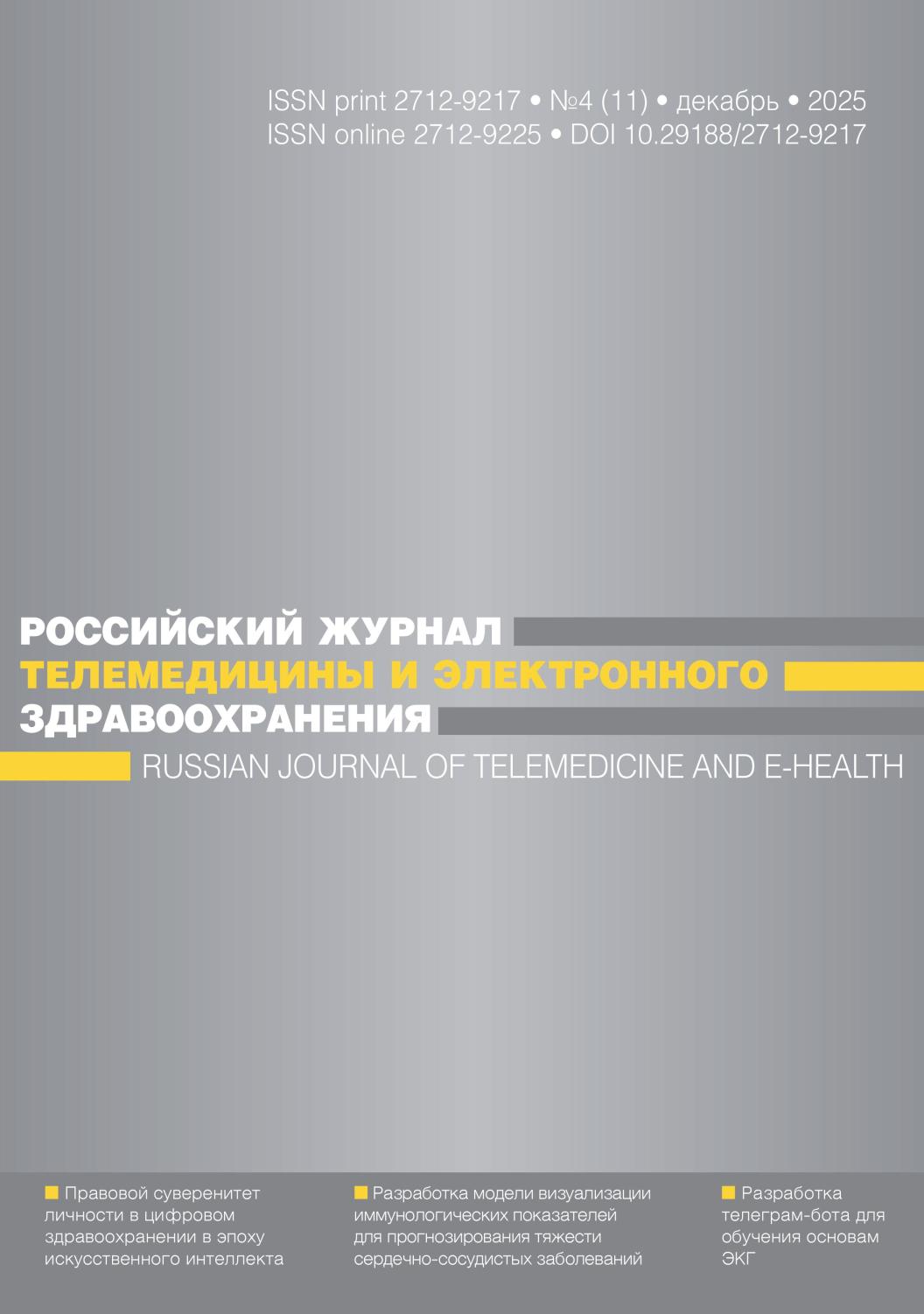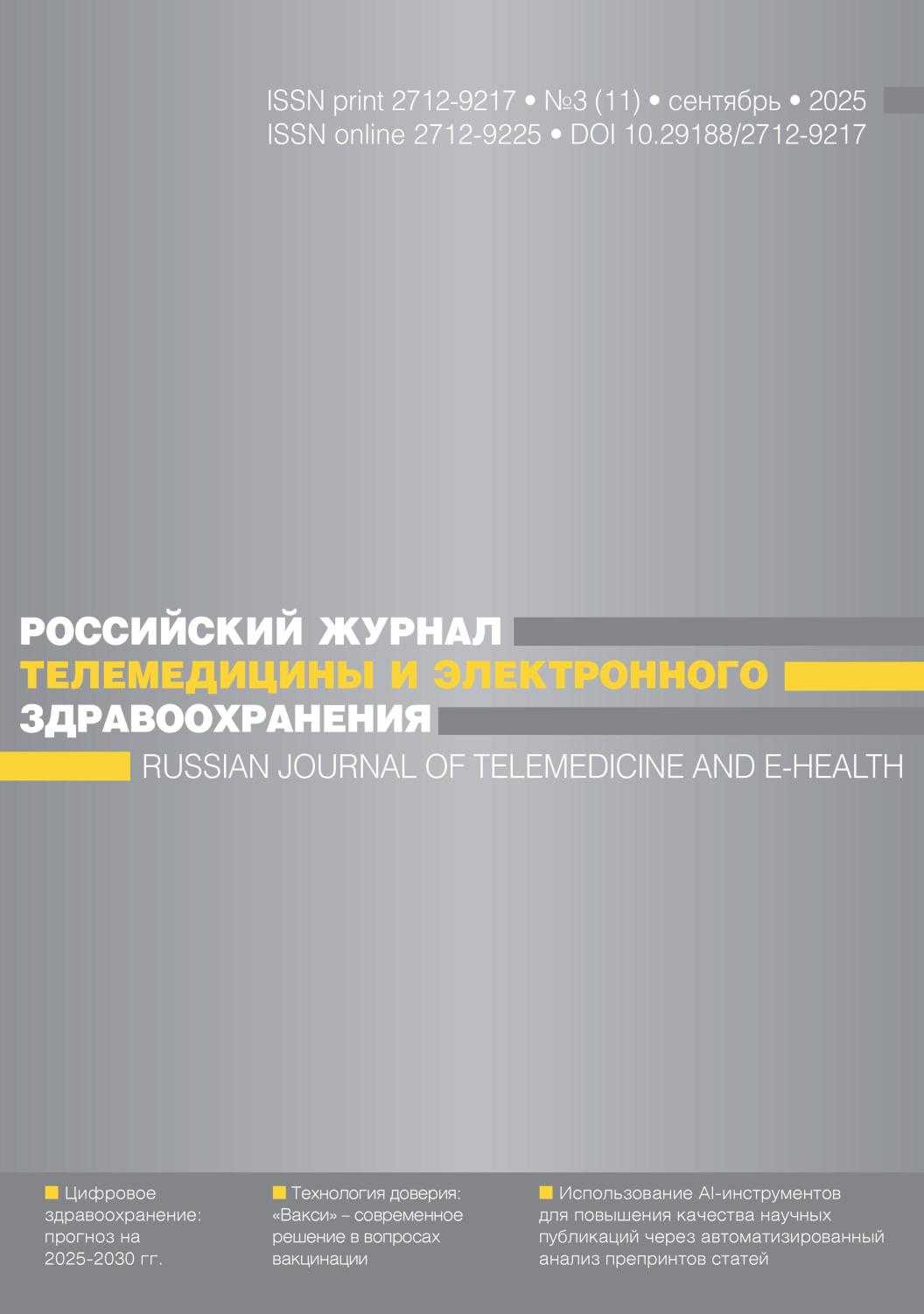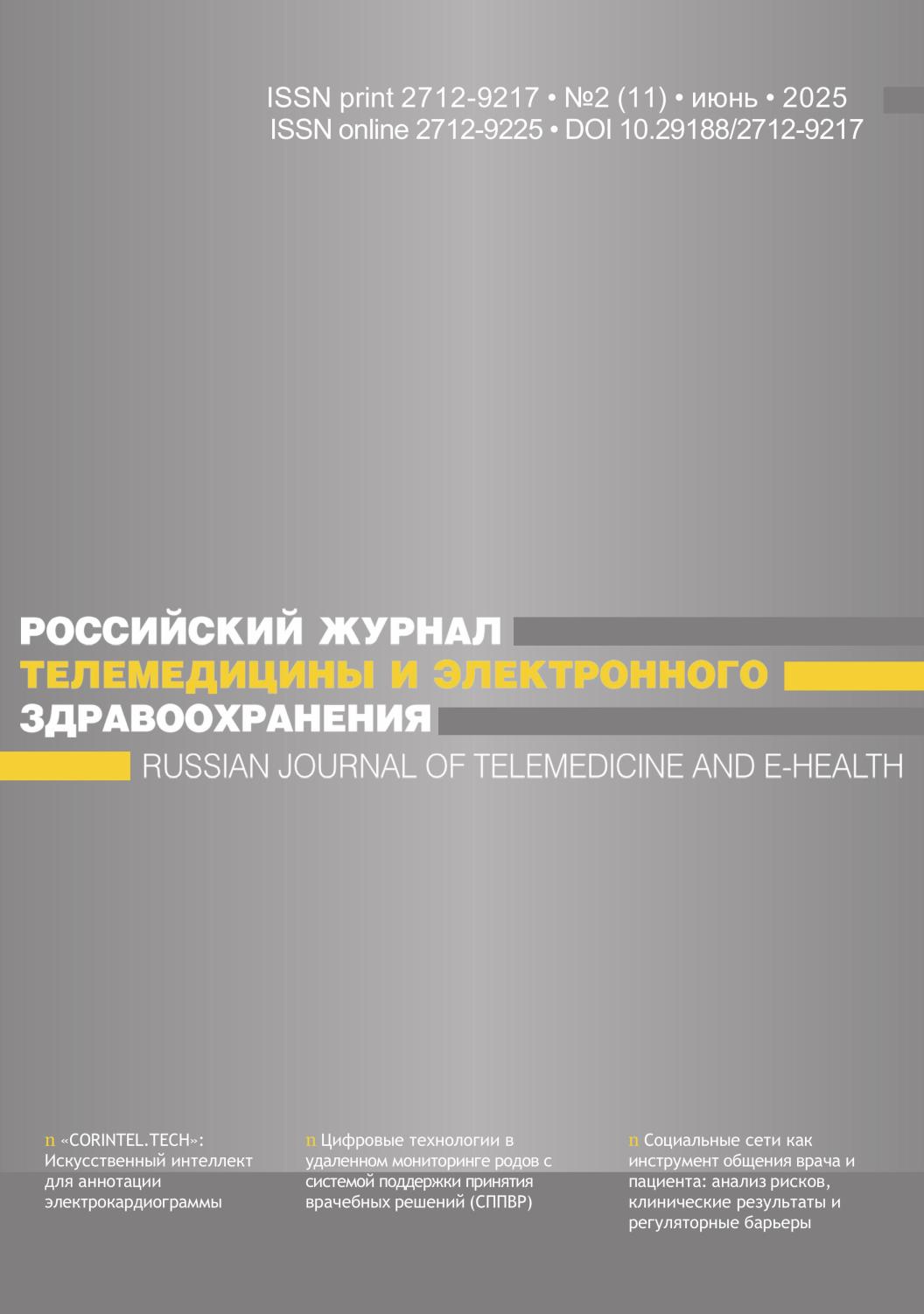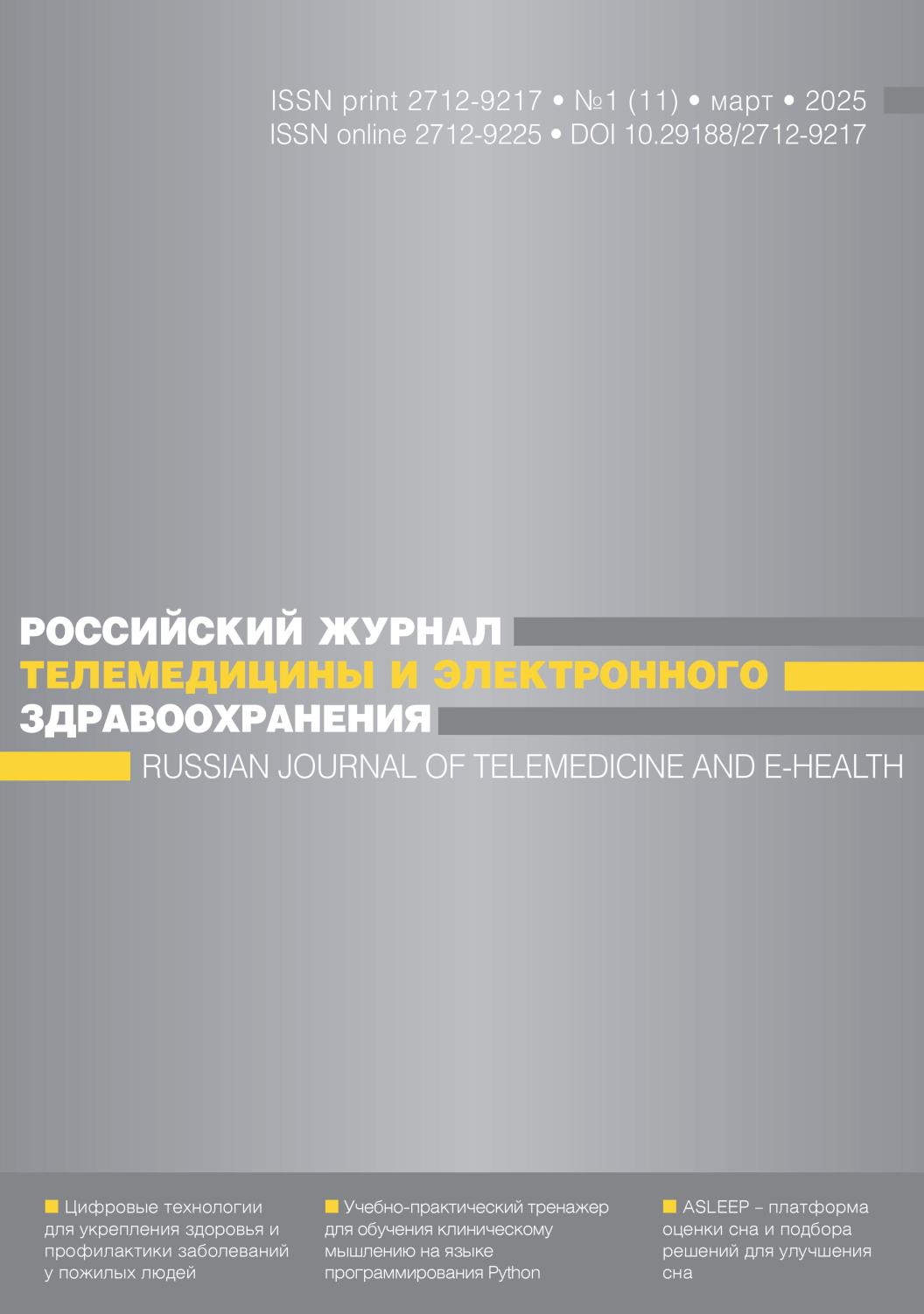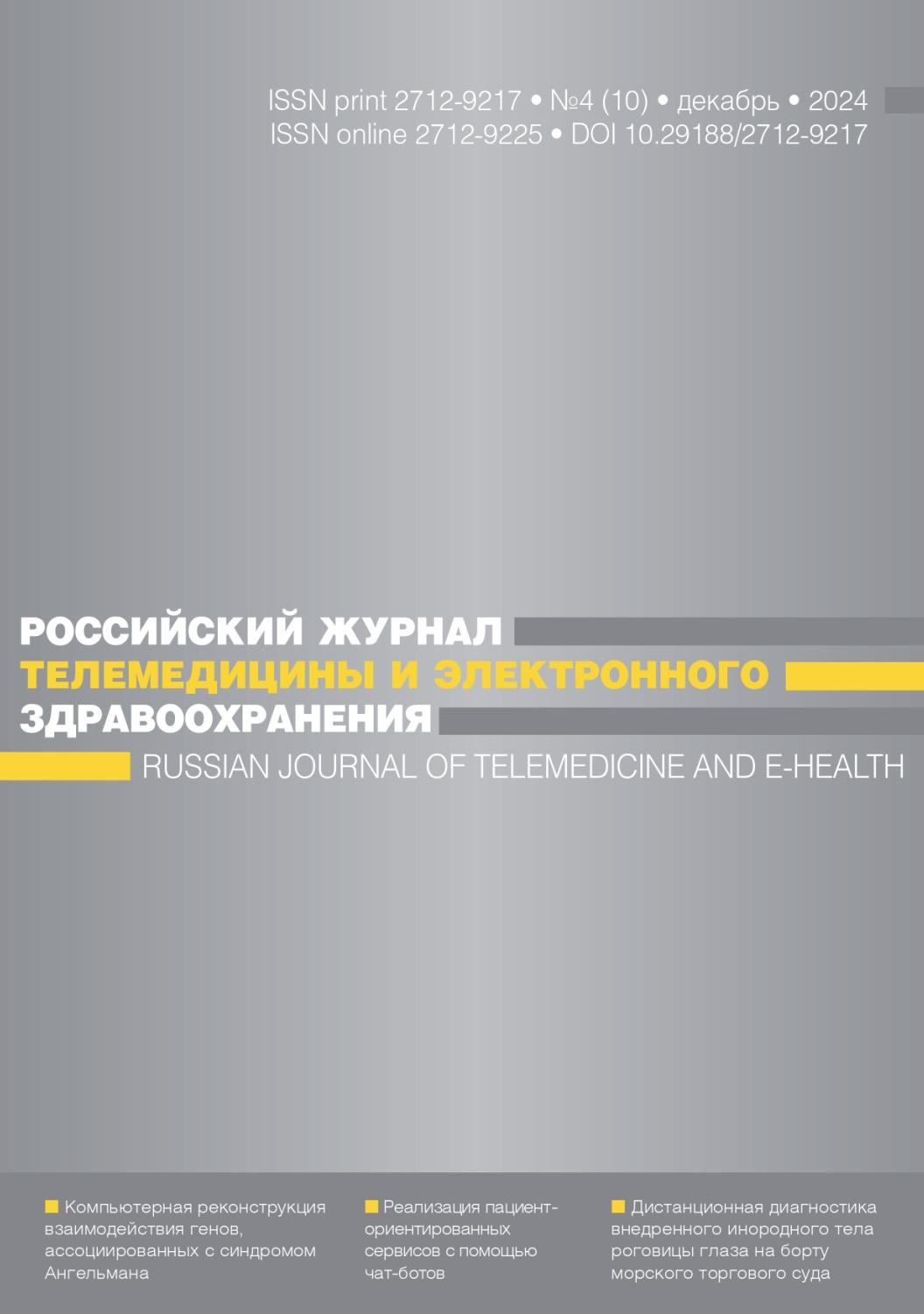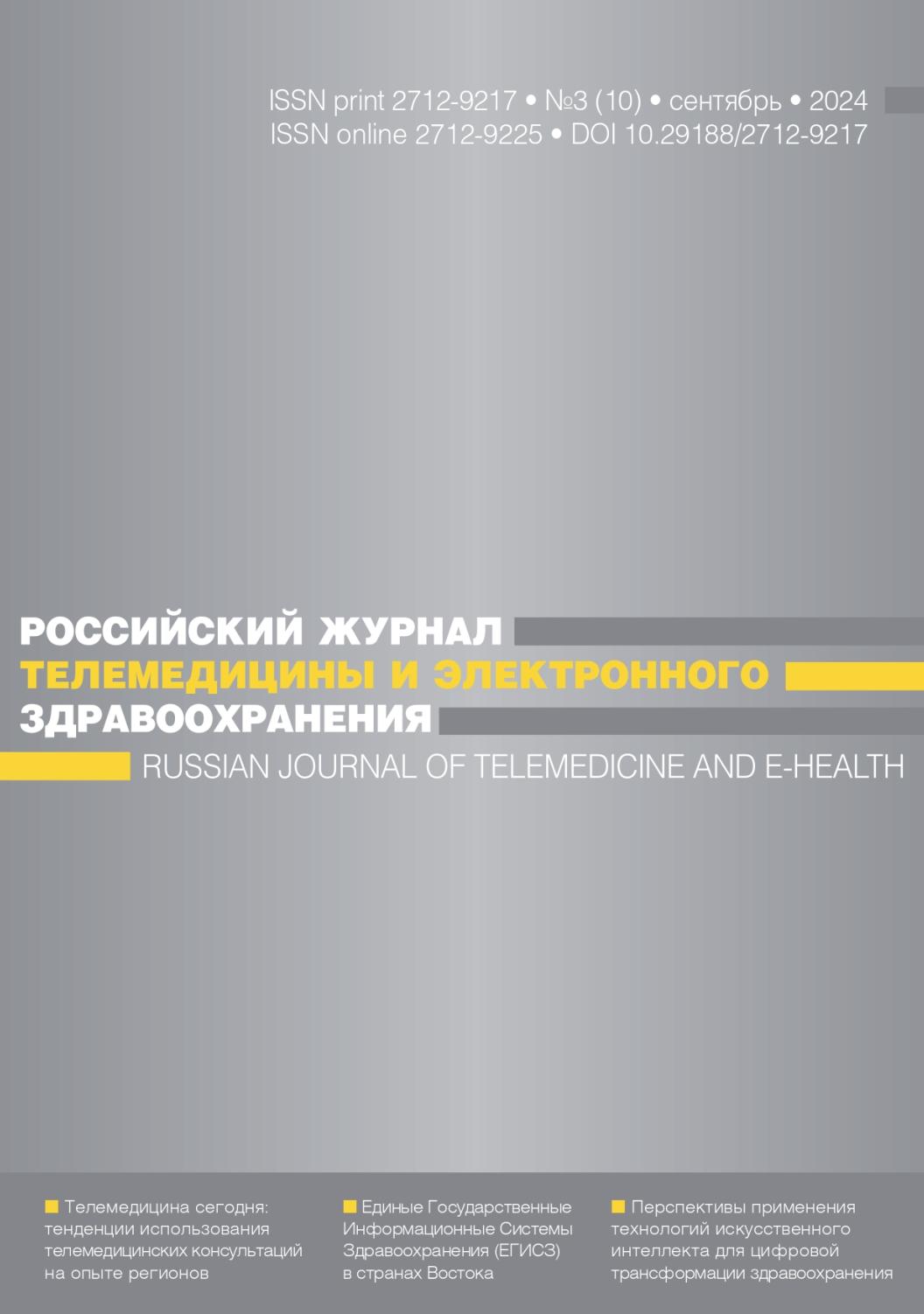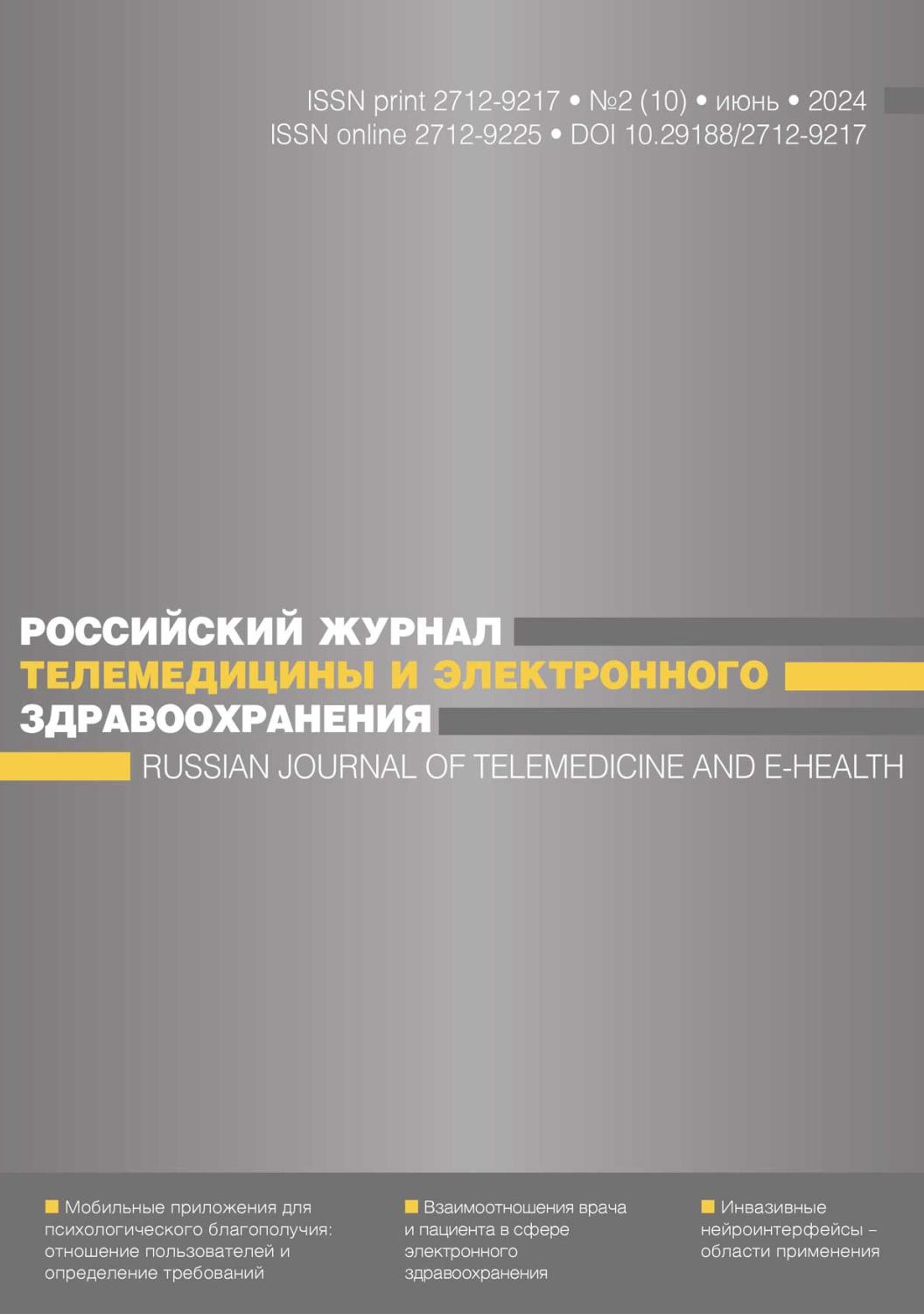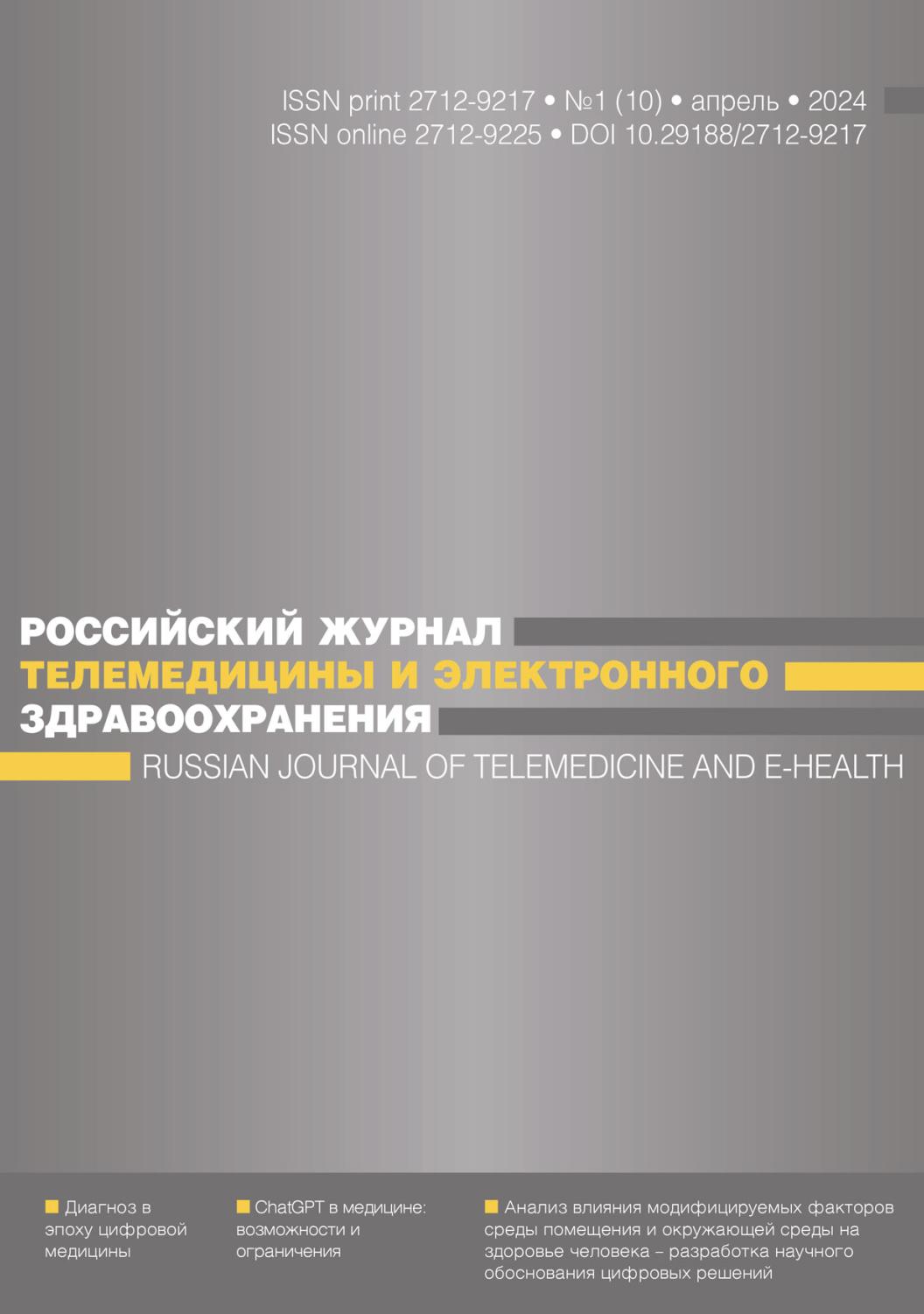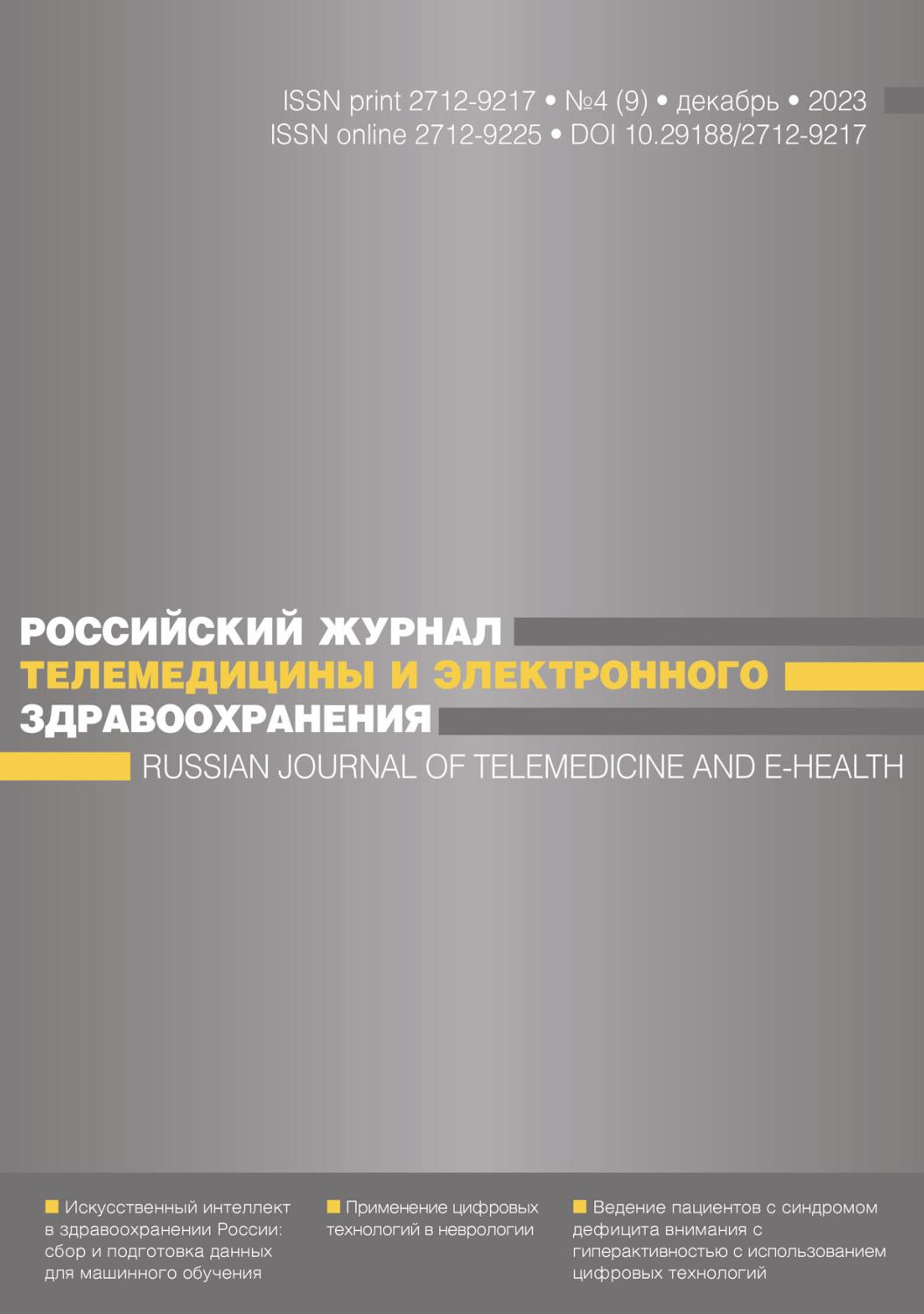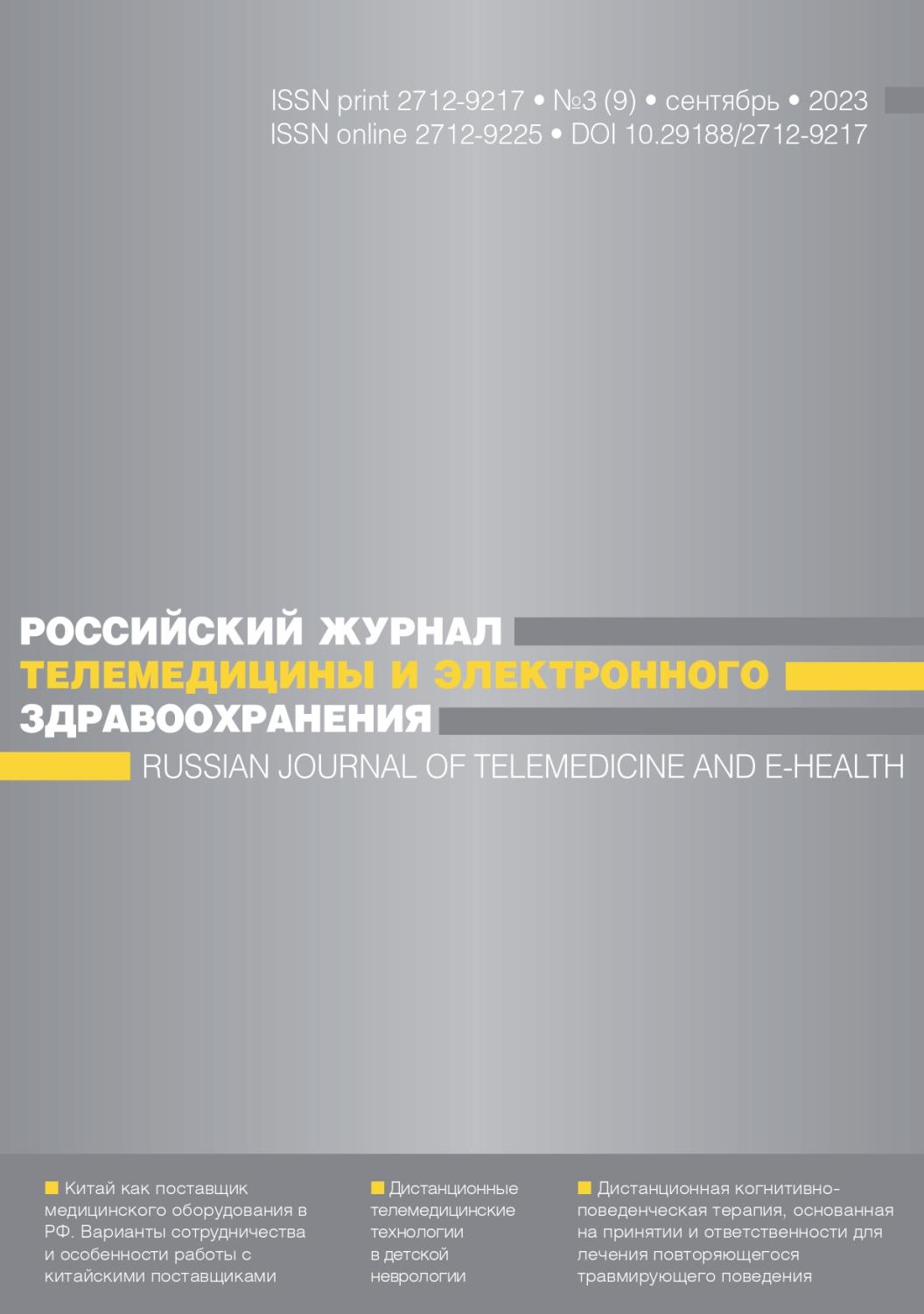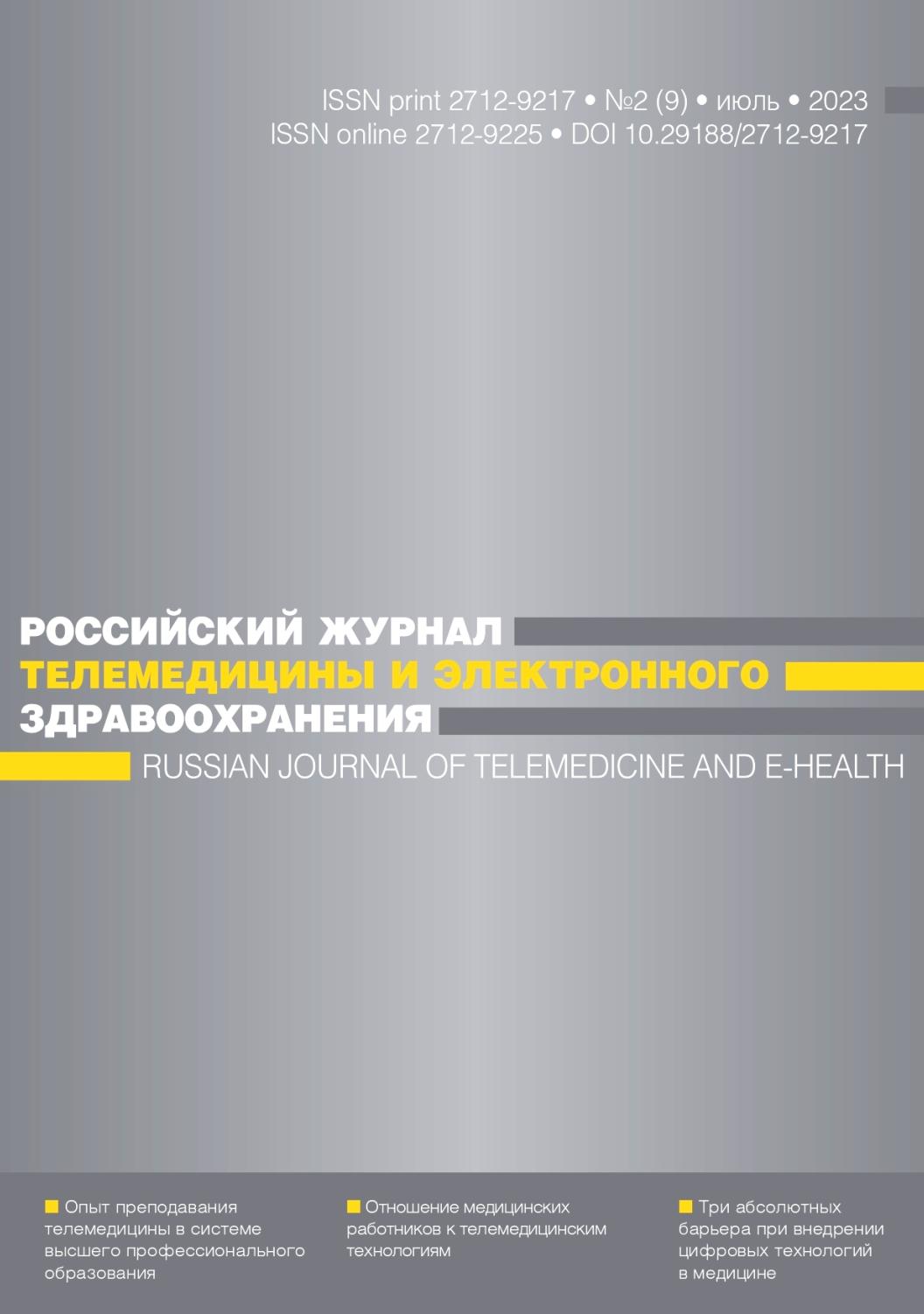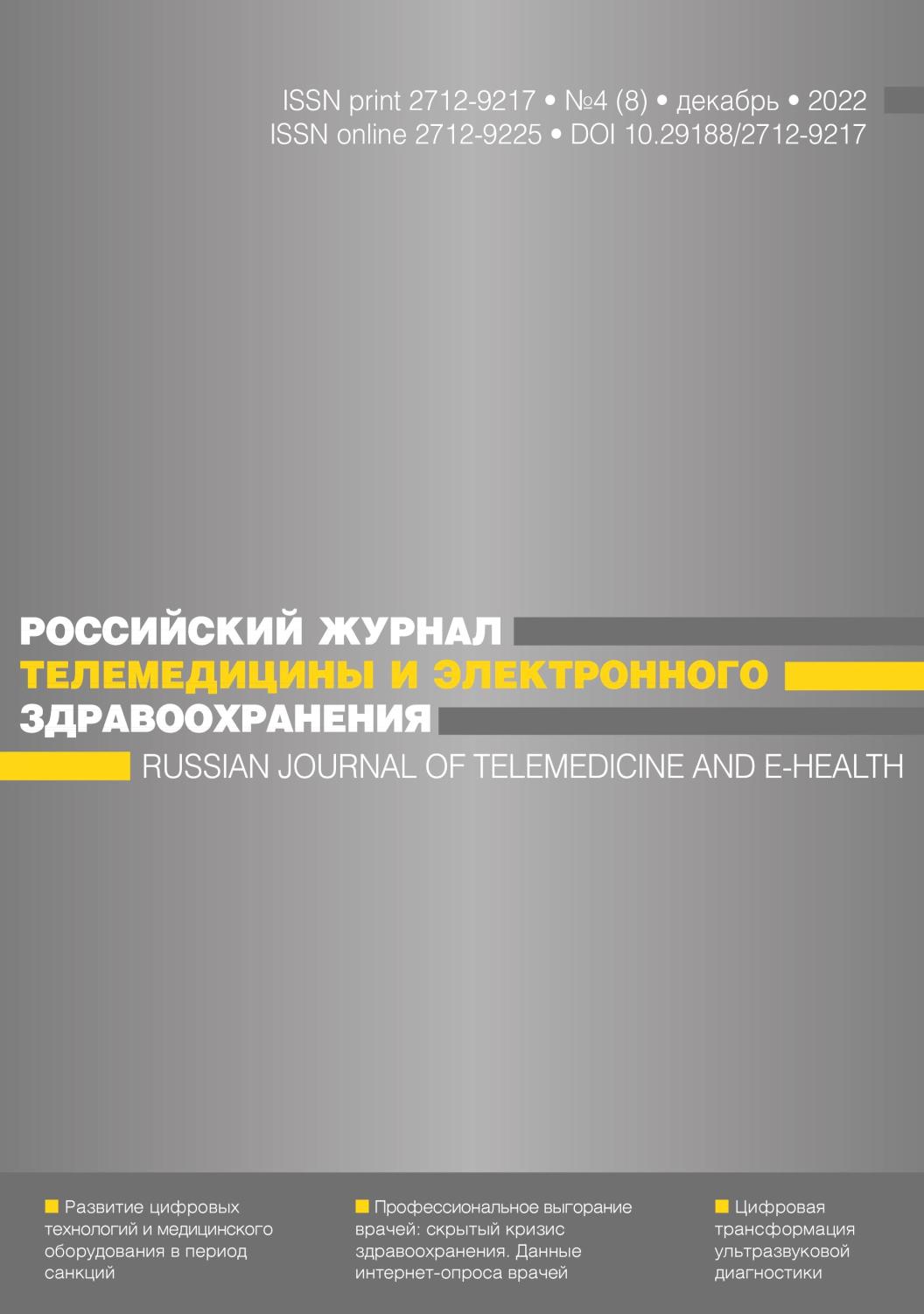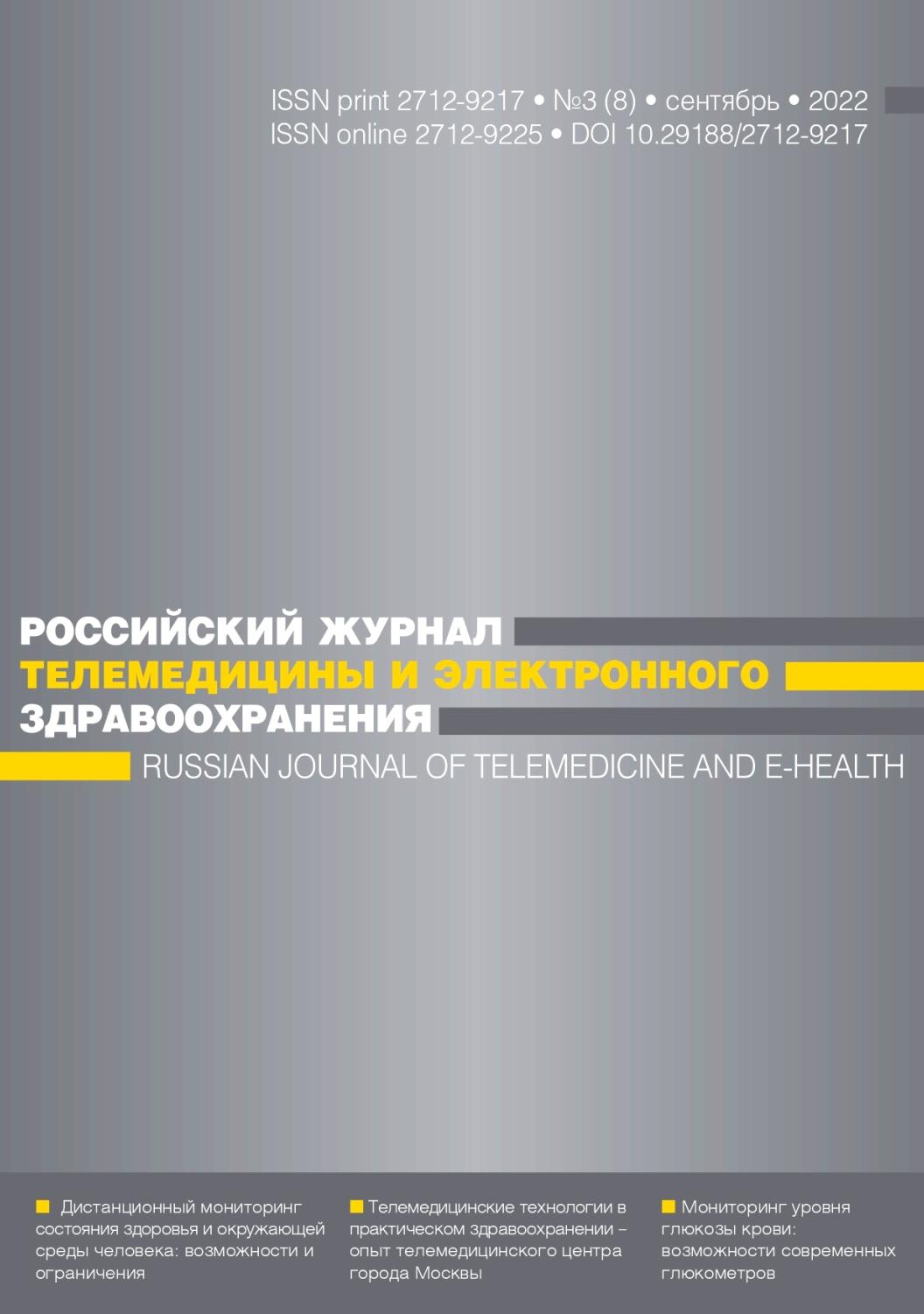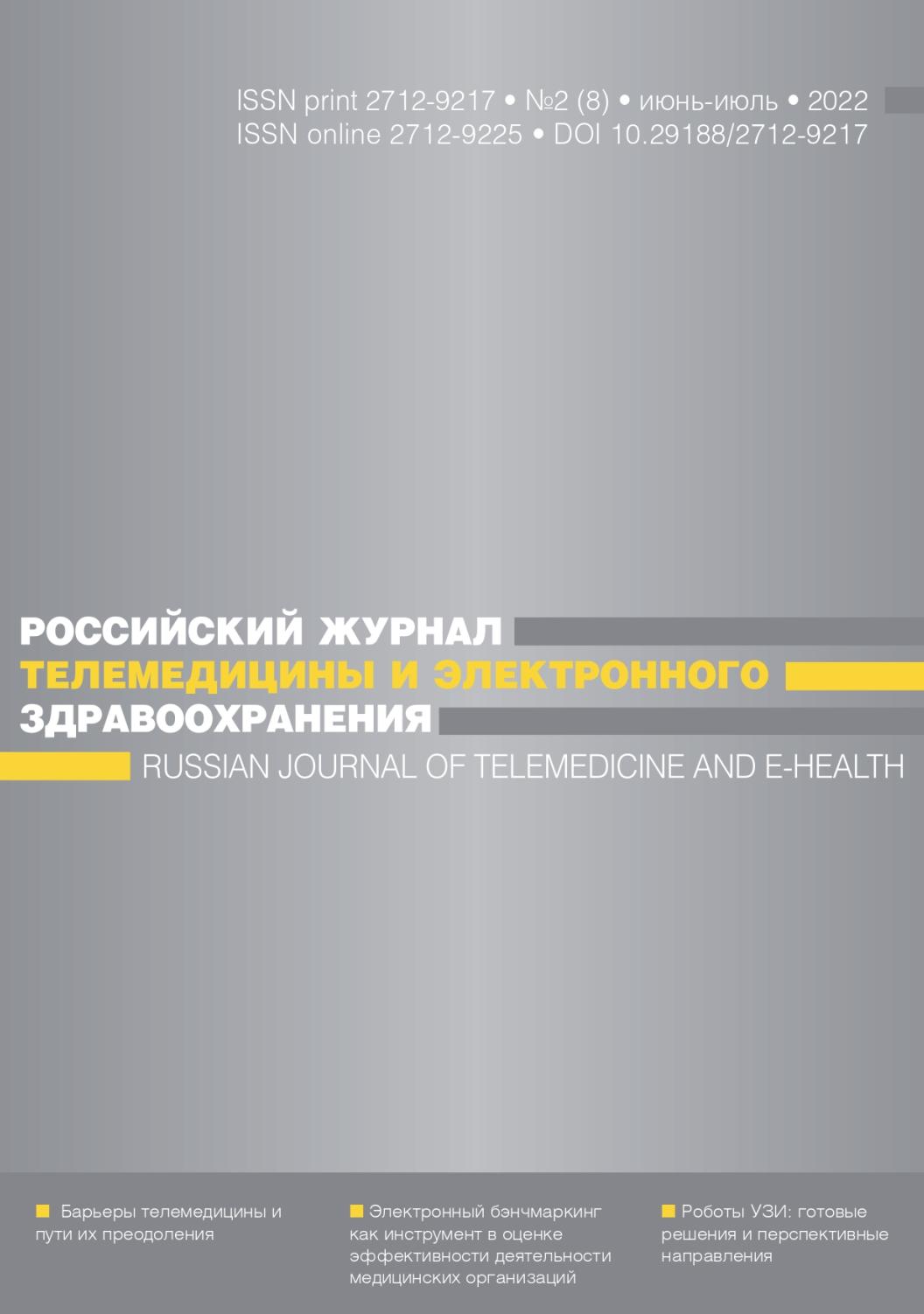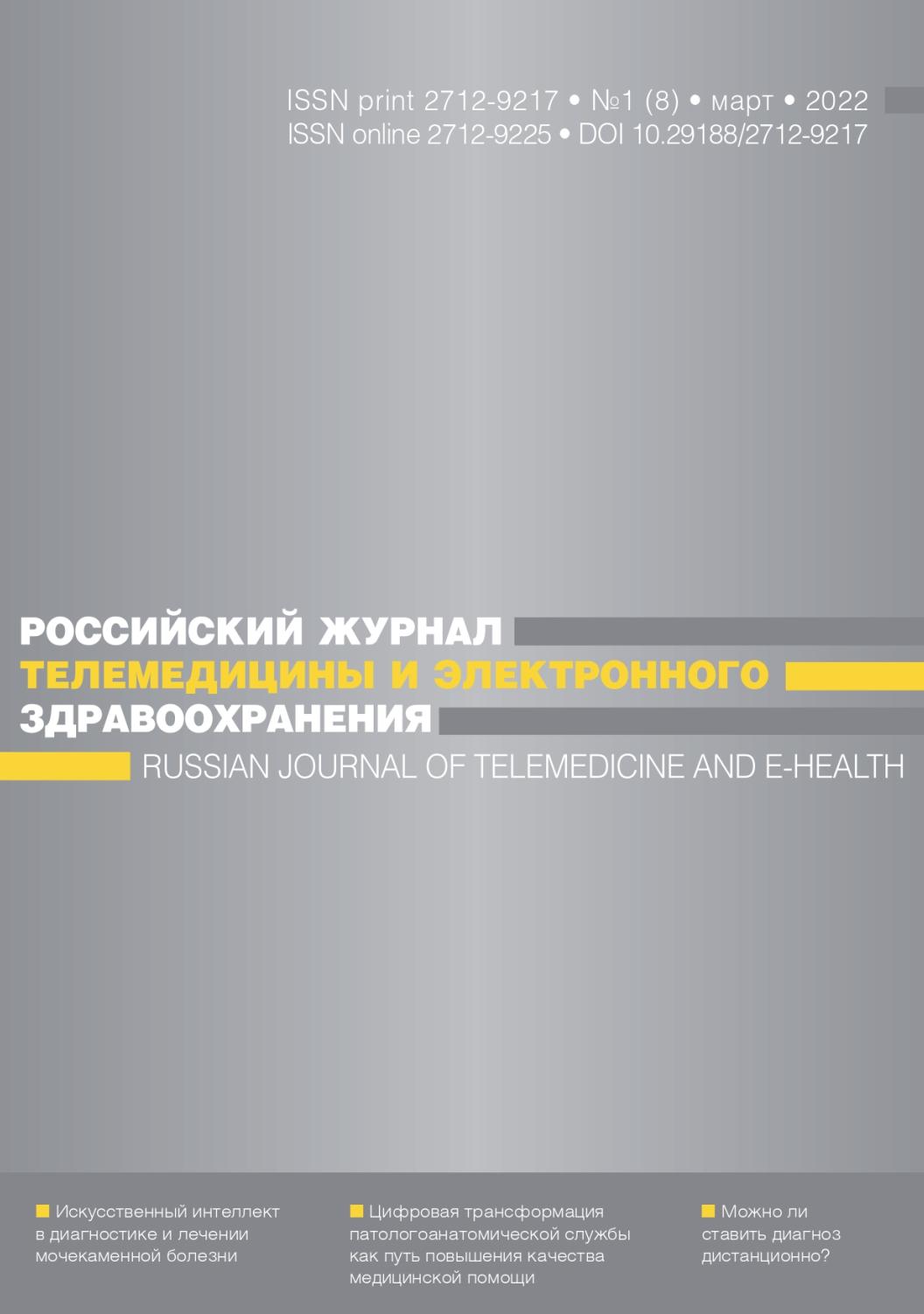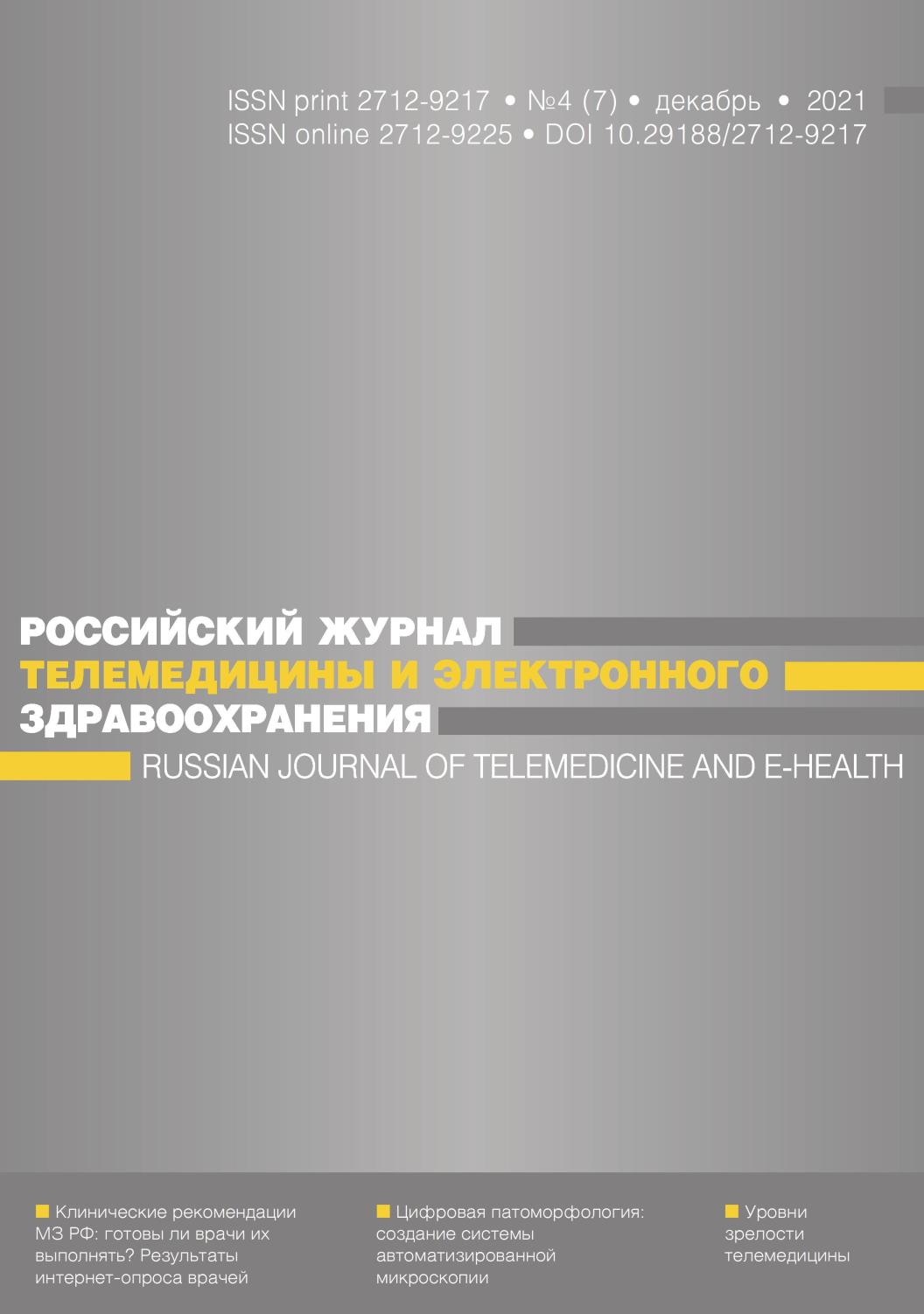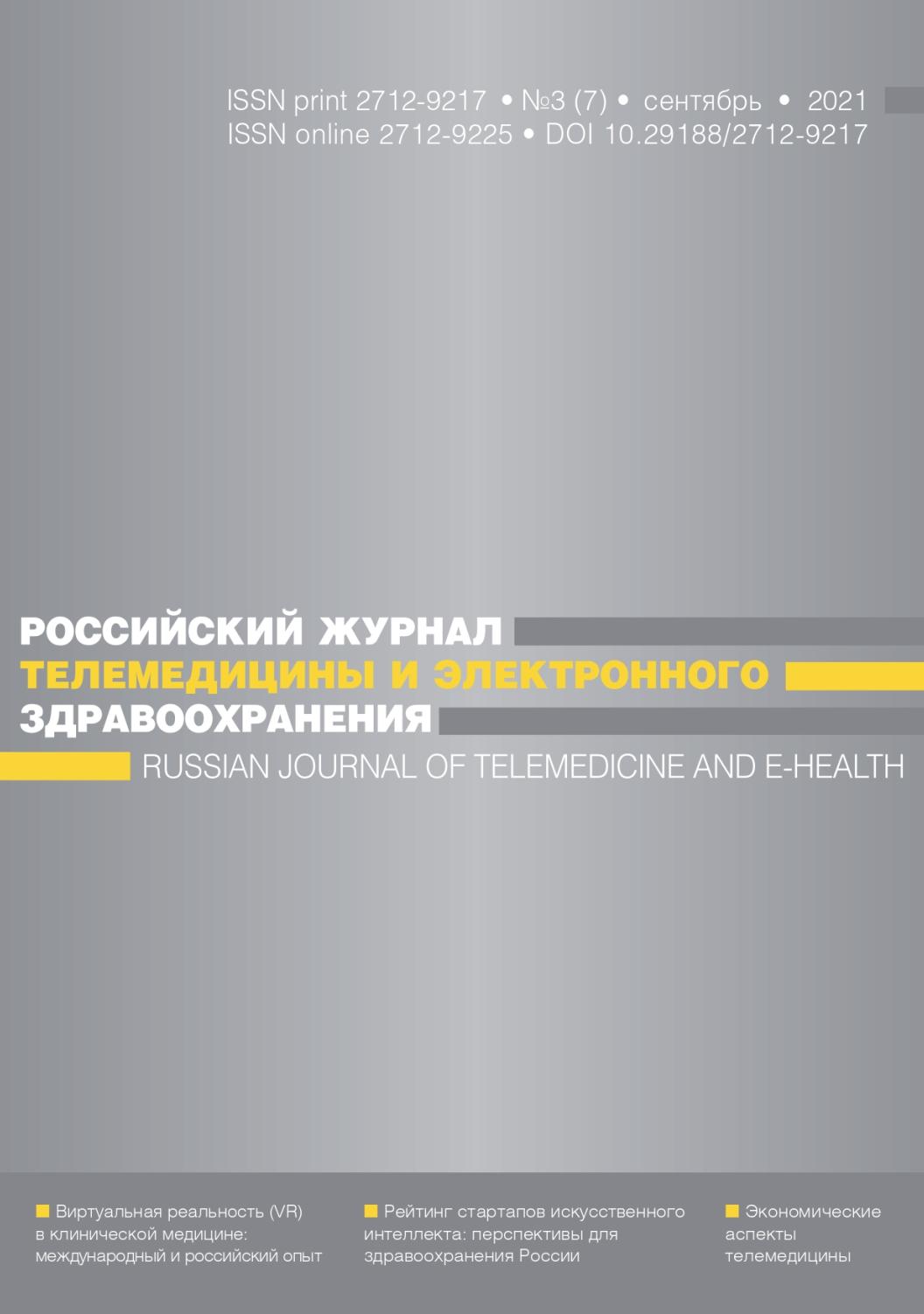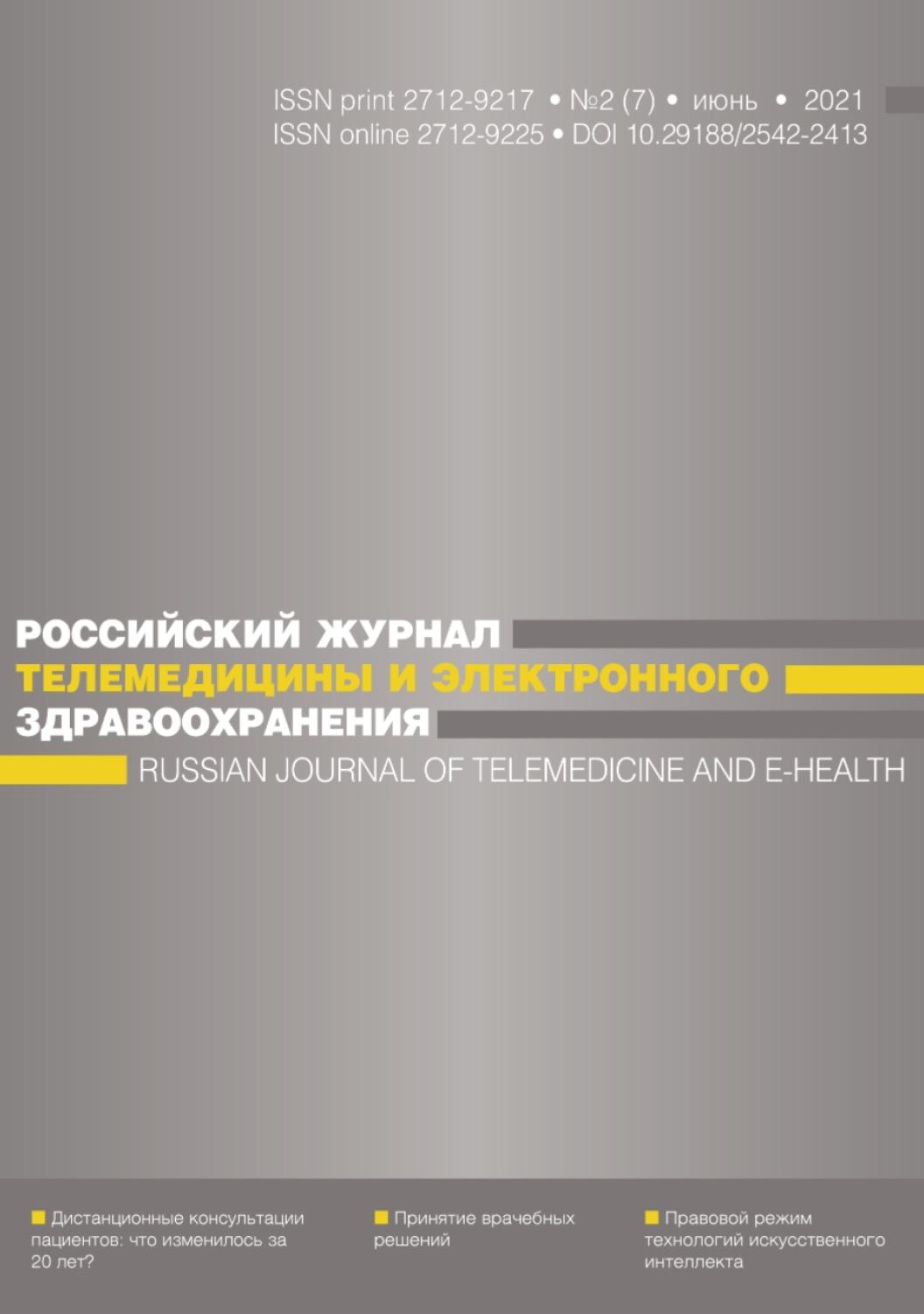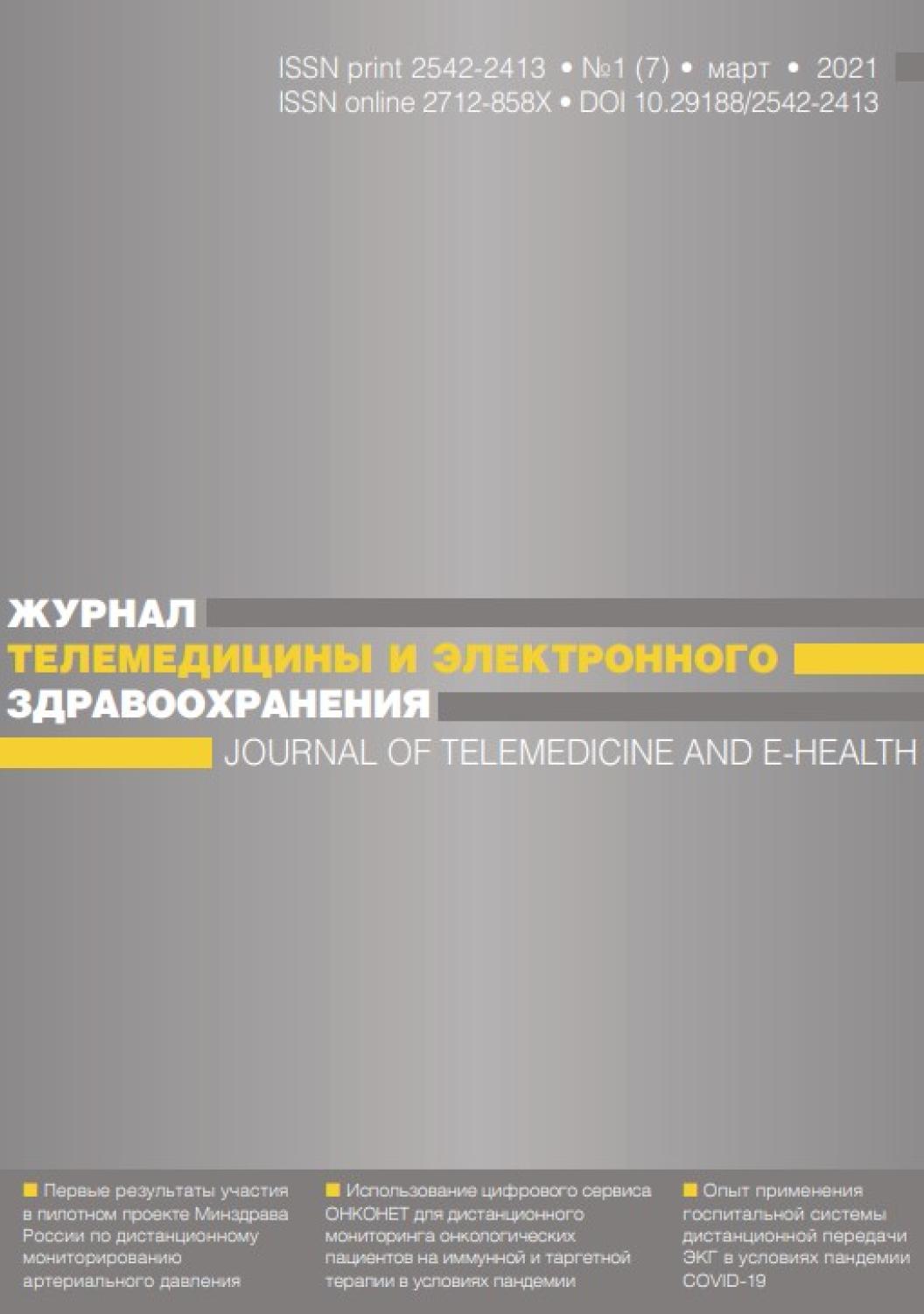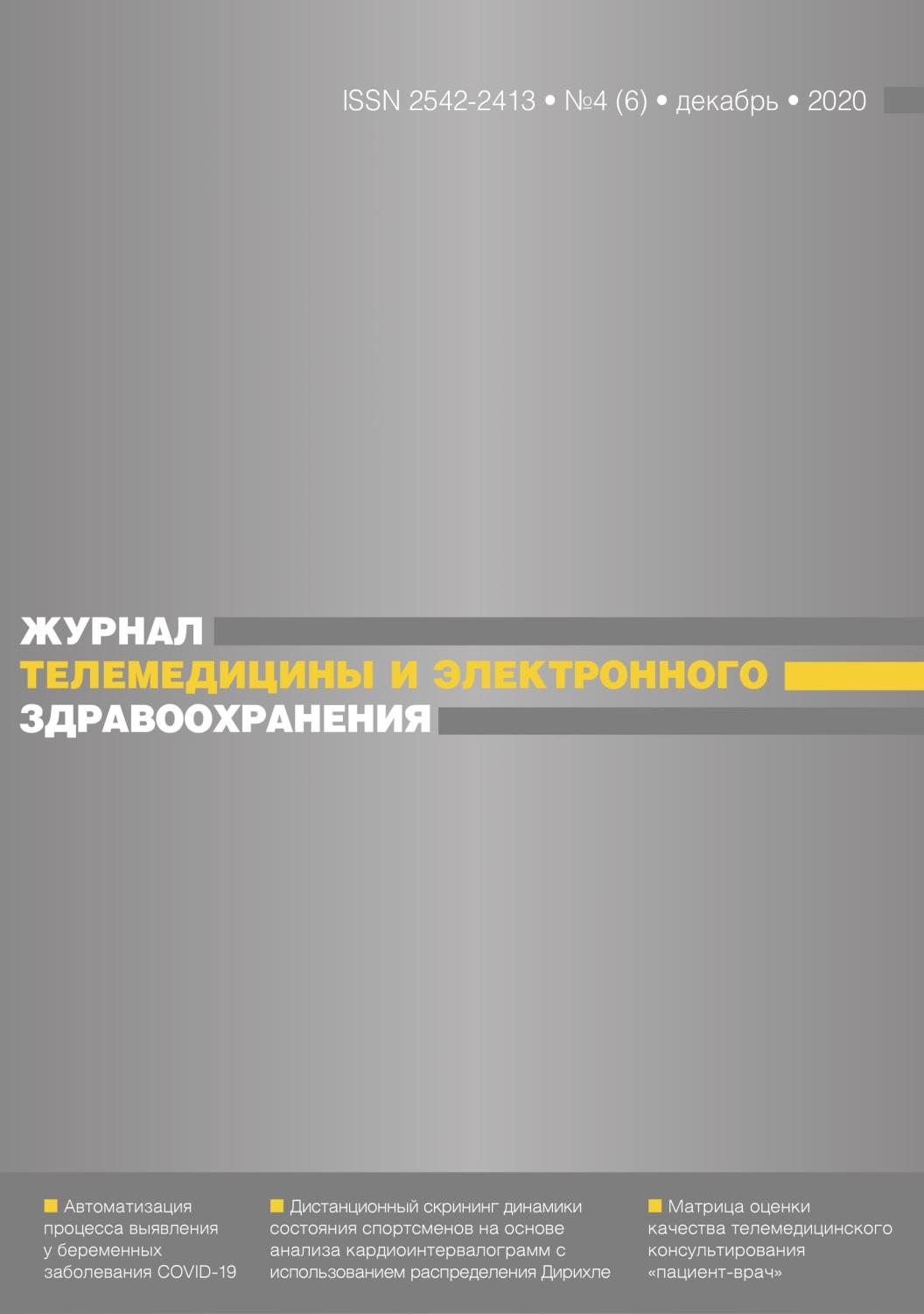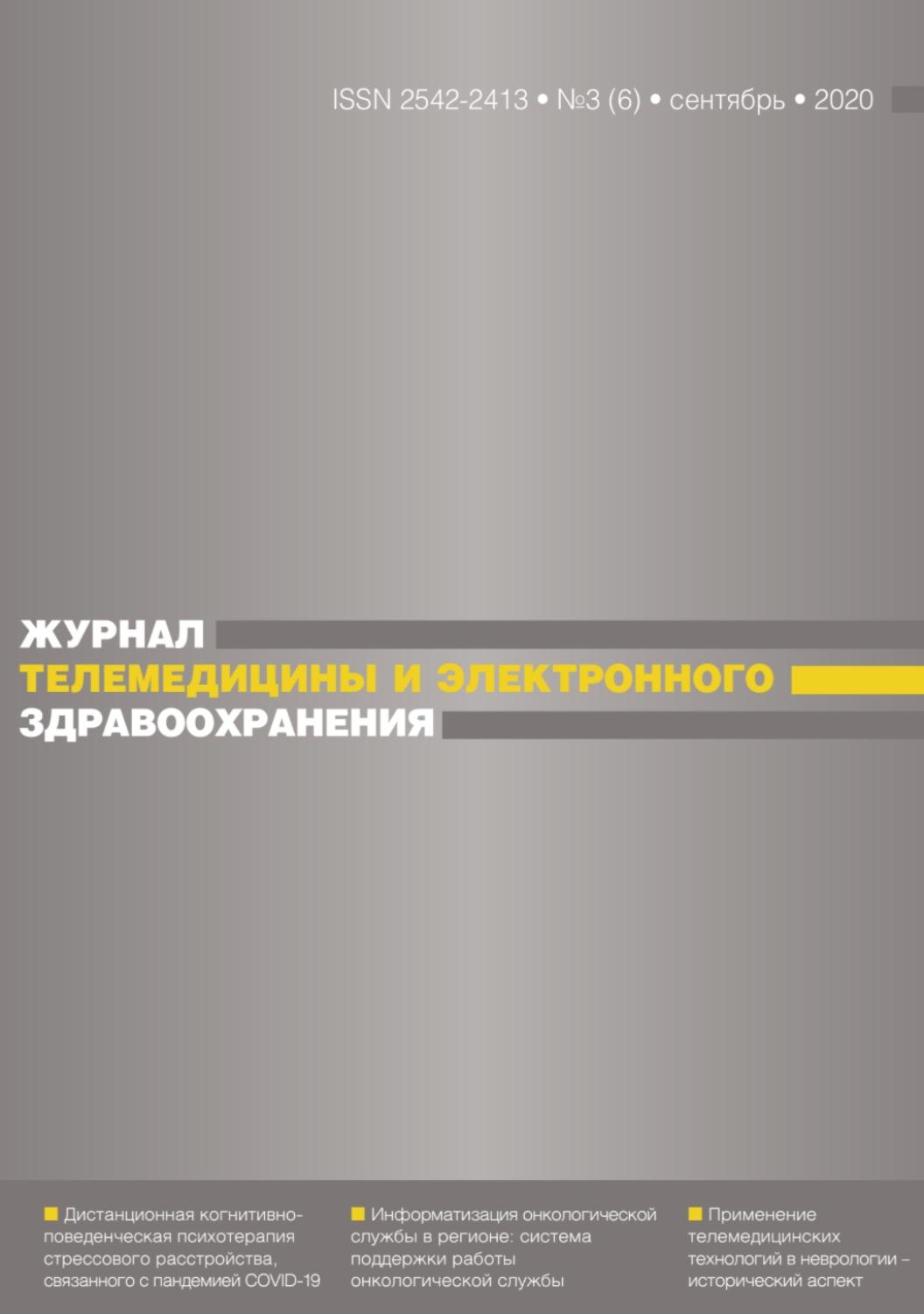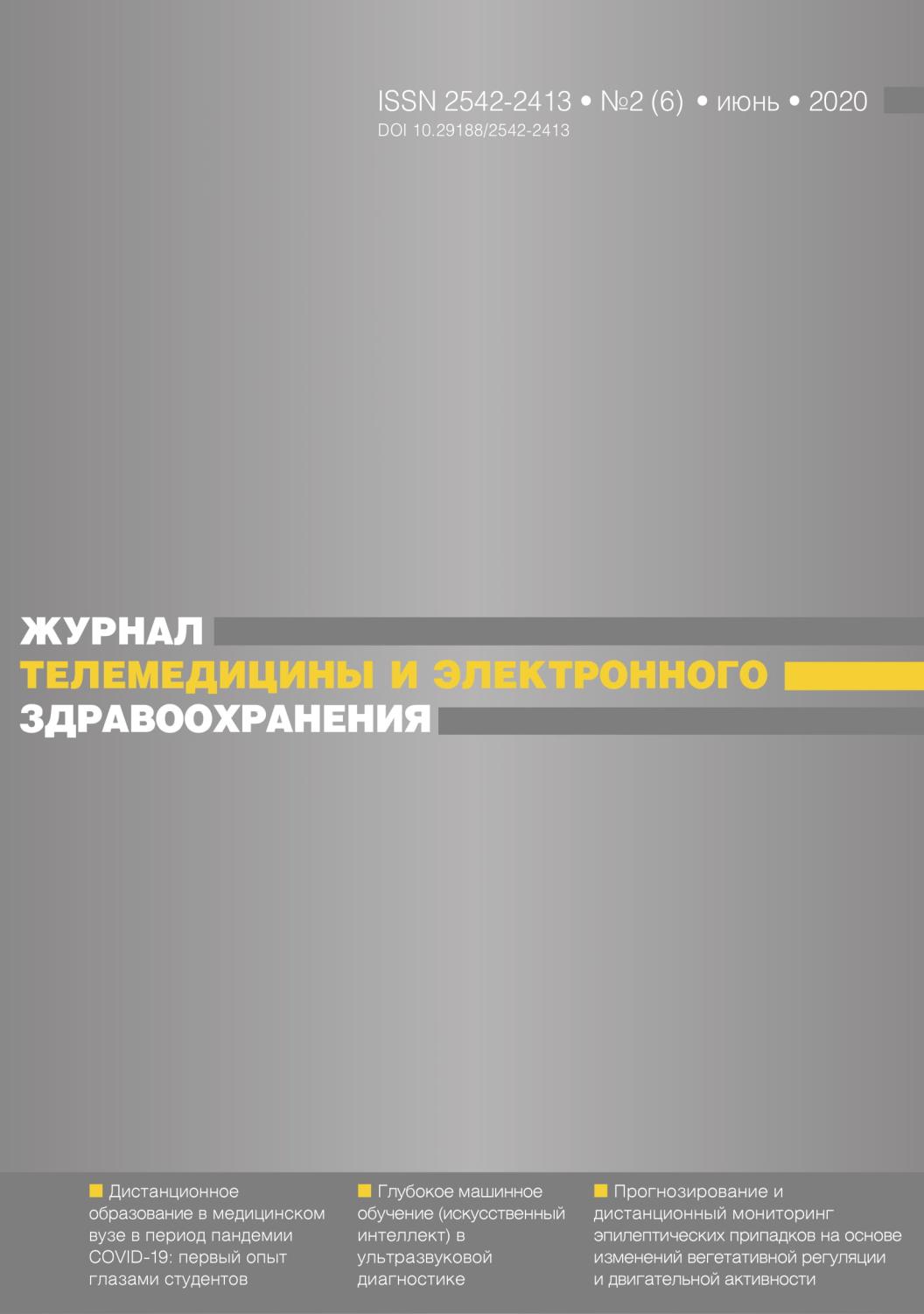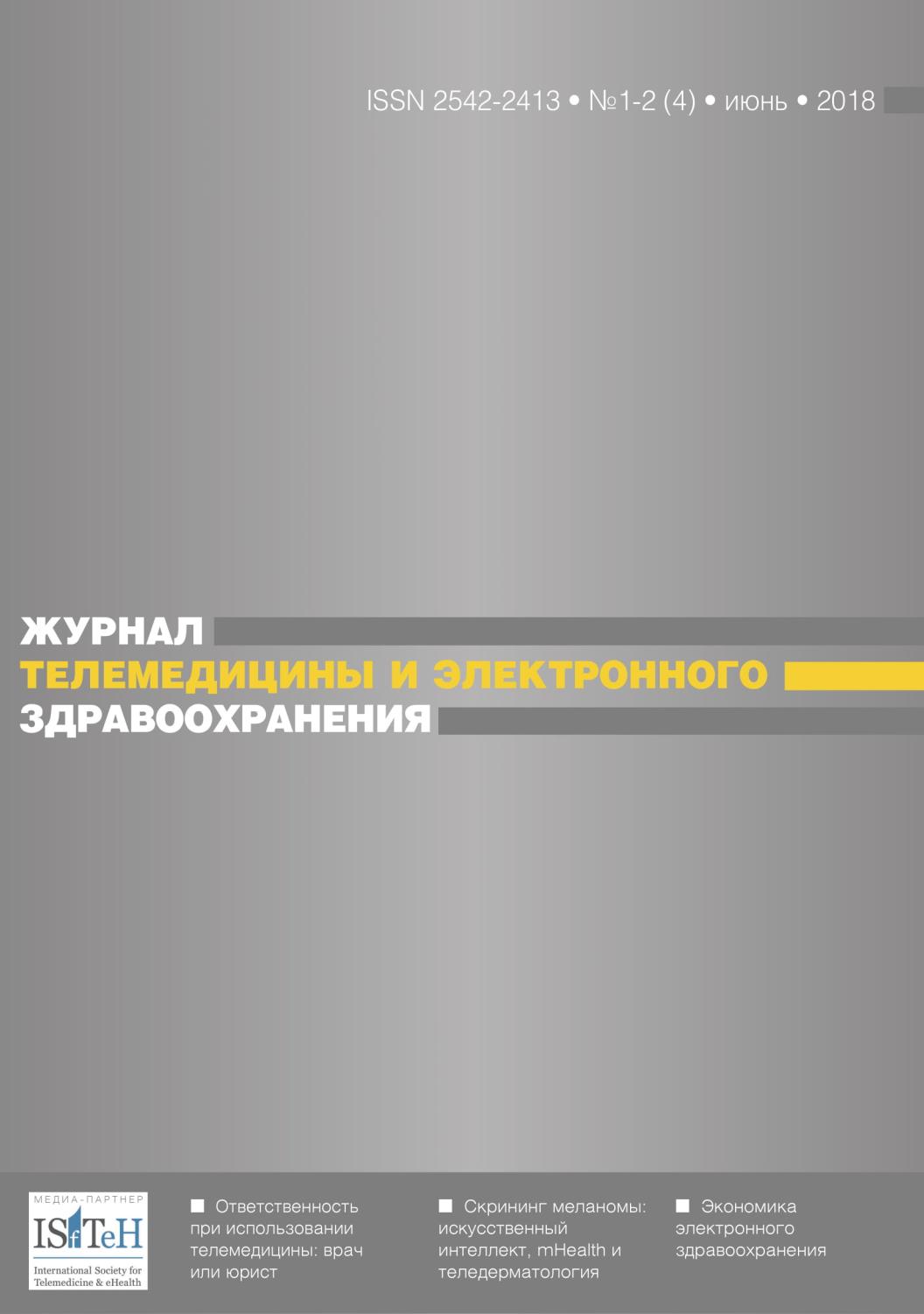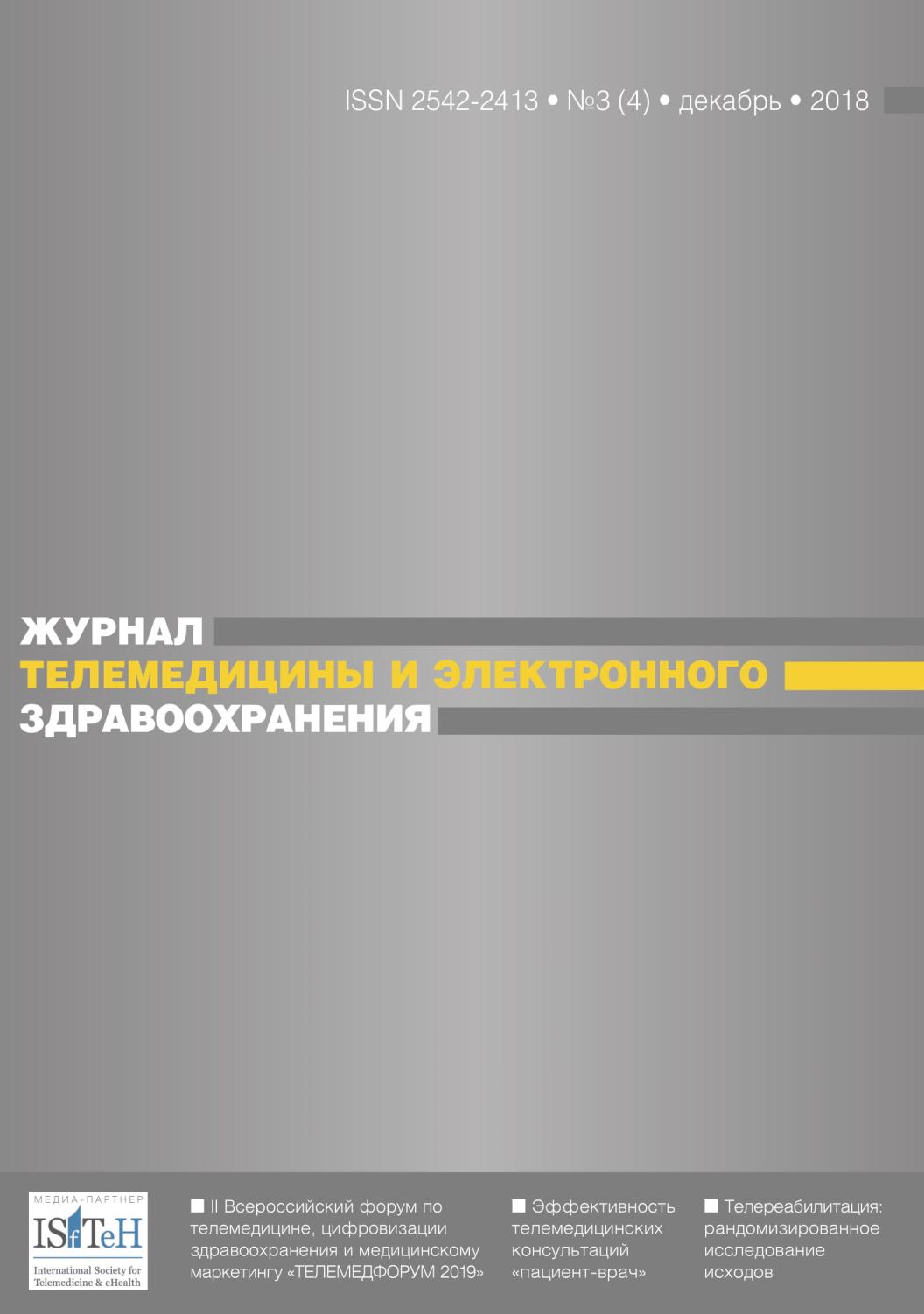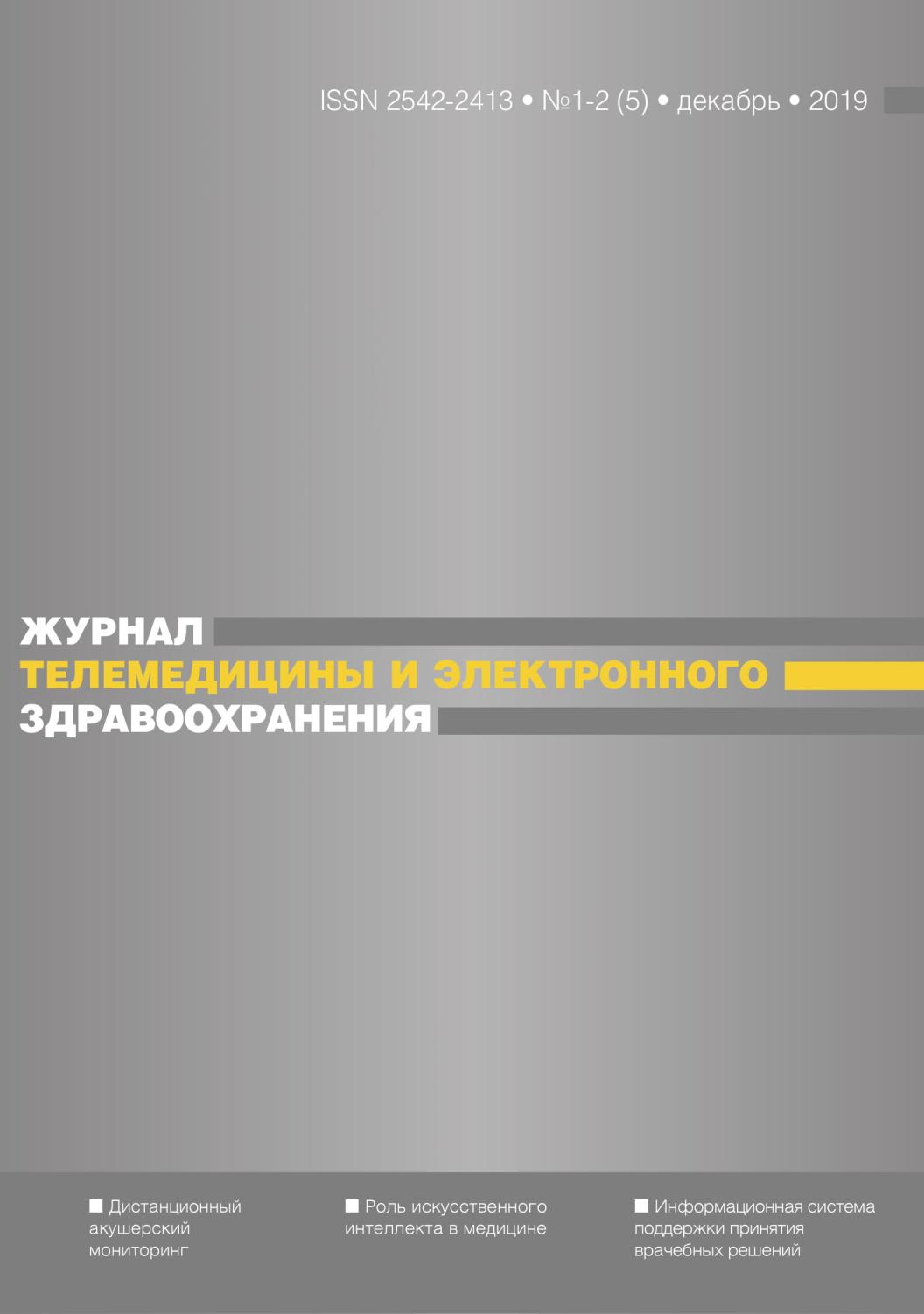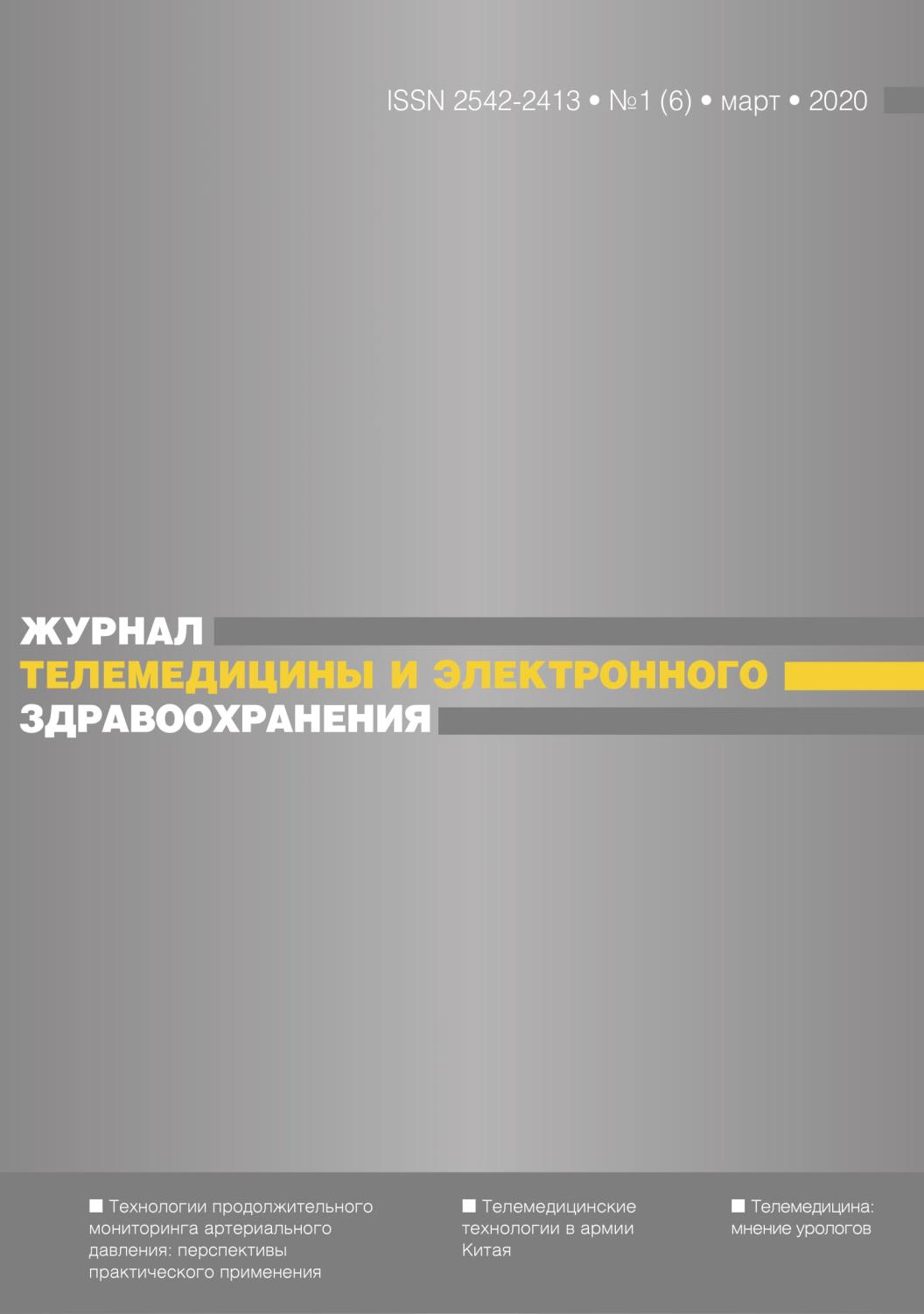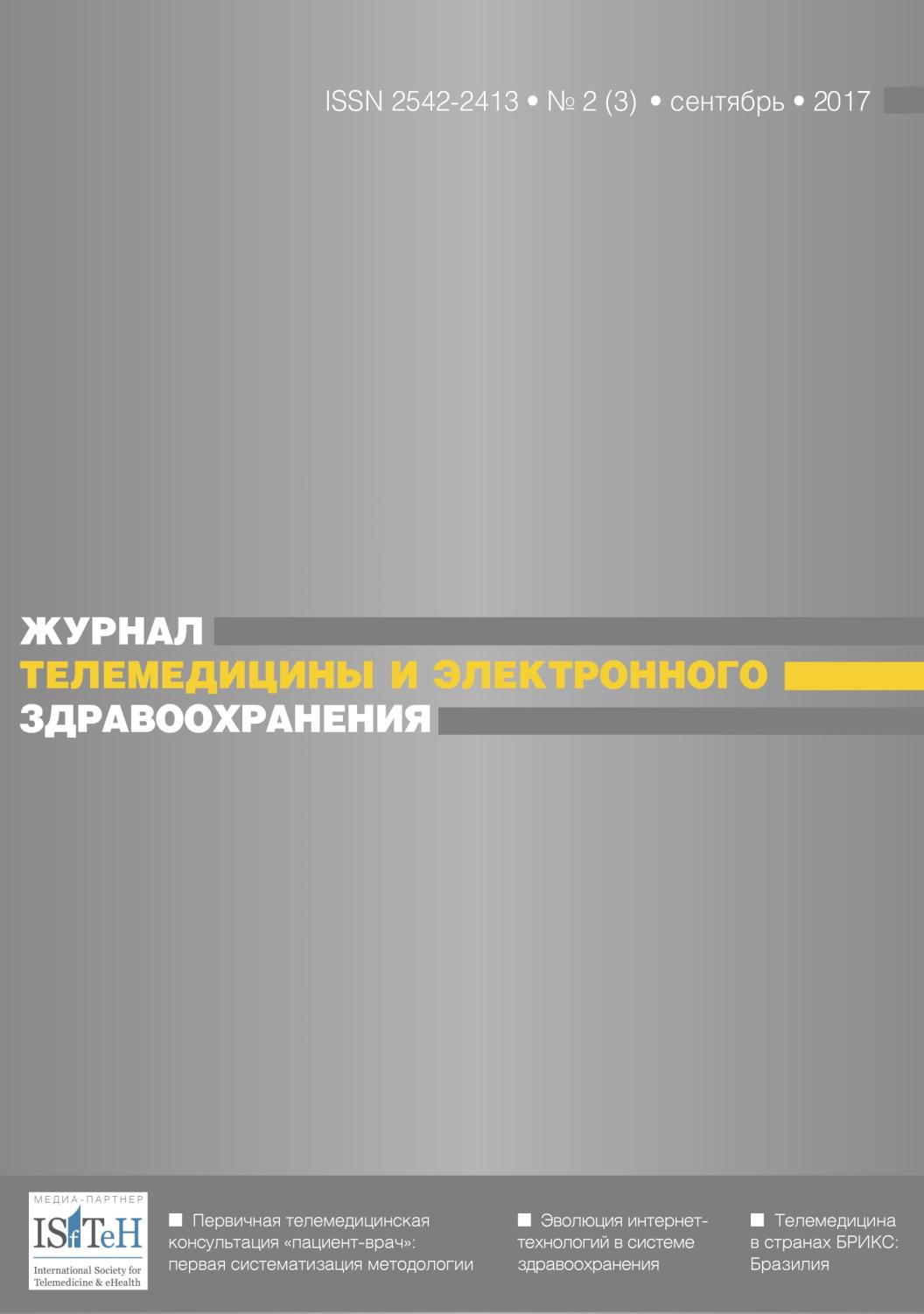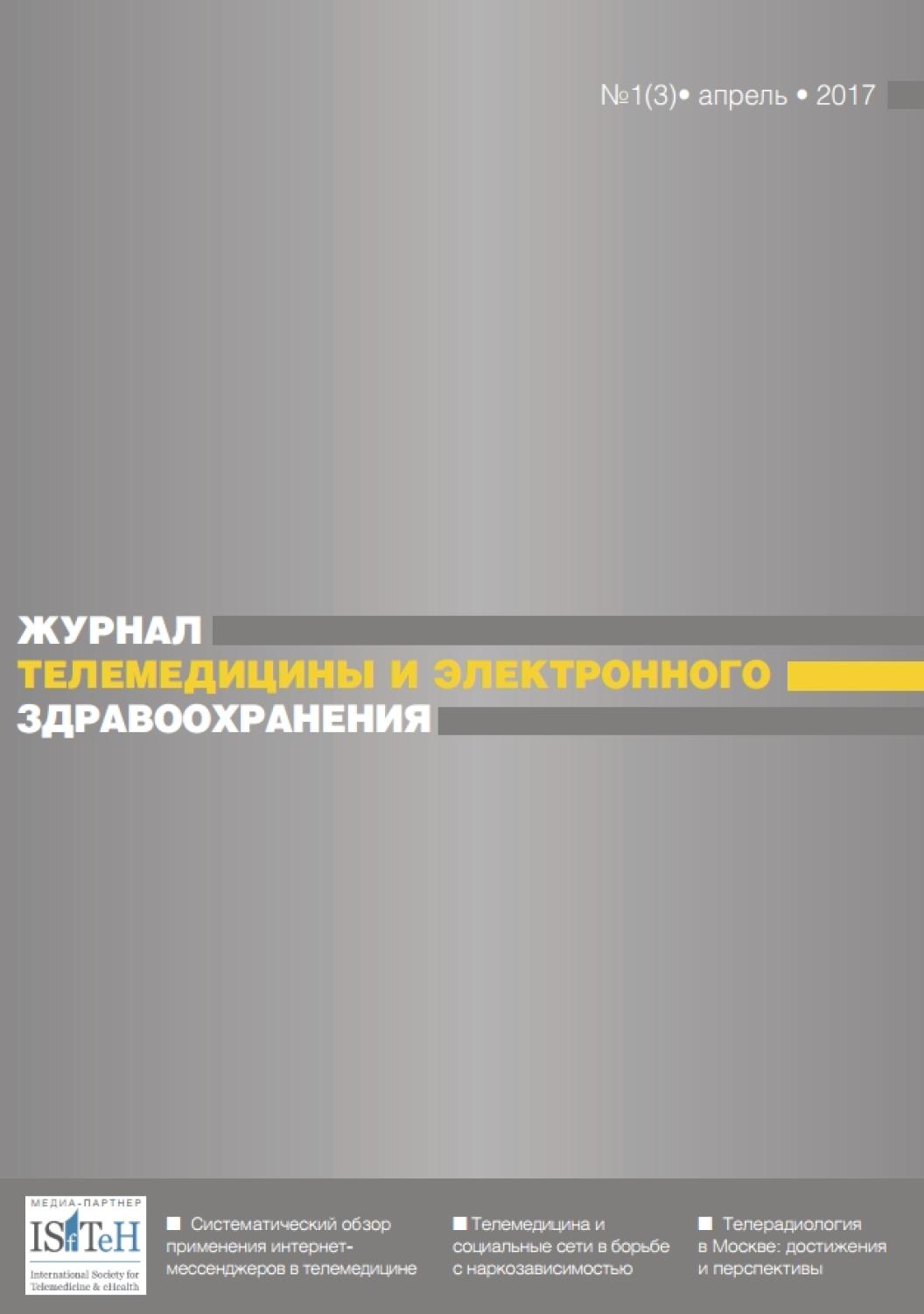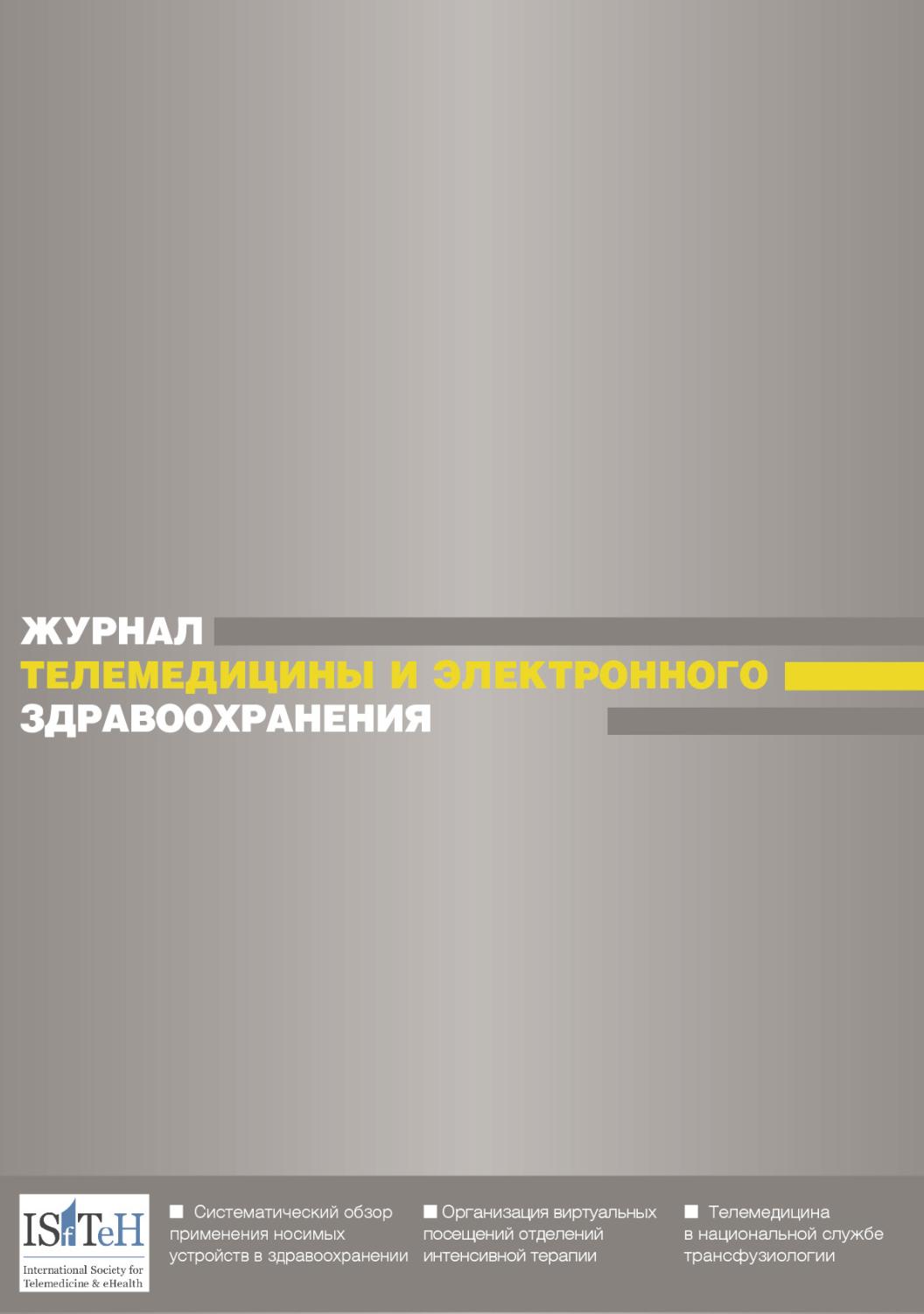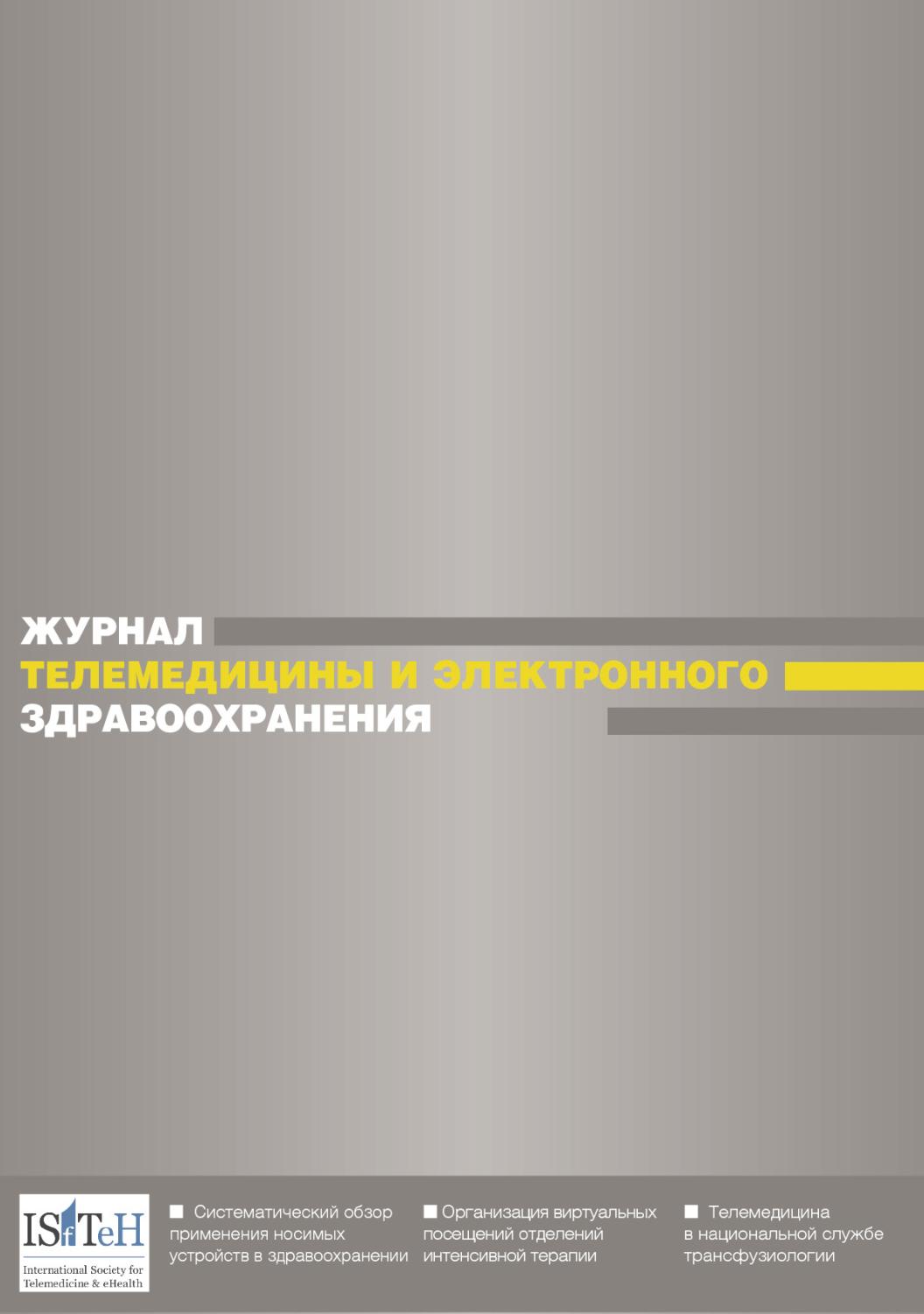Background. Improvement in the quality and safety of medical care, the formation of patient-centered healthcare as well as the introduction of quality management systems created the necessity for the development of the unified practical tool that widespread allows to assess the effectiveness of medical activities in hospitals and clinics. The above task could be solved through electronic benchmarking within digitalization and automation.
Purpose: To develop indicators for evaluating the effectiveness of medical and diagnostic activities of healthcare institutions for the subsequent construction of an automated multicriterial method.
Materials and methods. The analysis of regulatory legal acts in the field of health care, literature review of quality management systems implementation and evaluation of the effectiveness in medical organizations were carried out. The experience of implementing national and foreign quality standards in municipal healthcare institutions has been studied.
Results. The necessity of developing and automating a method for efficiency evaluation of health services in medical institutes is proved. A criteria-diagnostic complex, including 27 indicators, has been formed and an assessment methodology has been proposed. Moreover, the main software components for automated evaluation system are outlined.
Conclusions. Electronic benchmarking makes possible to evaluate the medical organizations that keep different quality standards, have different submission levels, and allows to compare capabilities of medical organizations against peer institutes within the industry in similar conditions. All this information can be widely used in planning of medical hospitals financing within the framework of the development of value-based healthcare.


